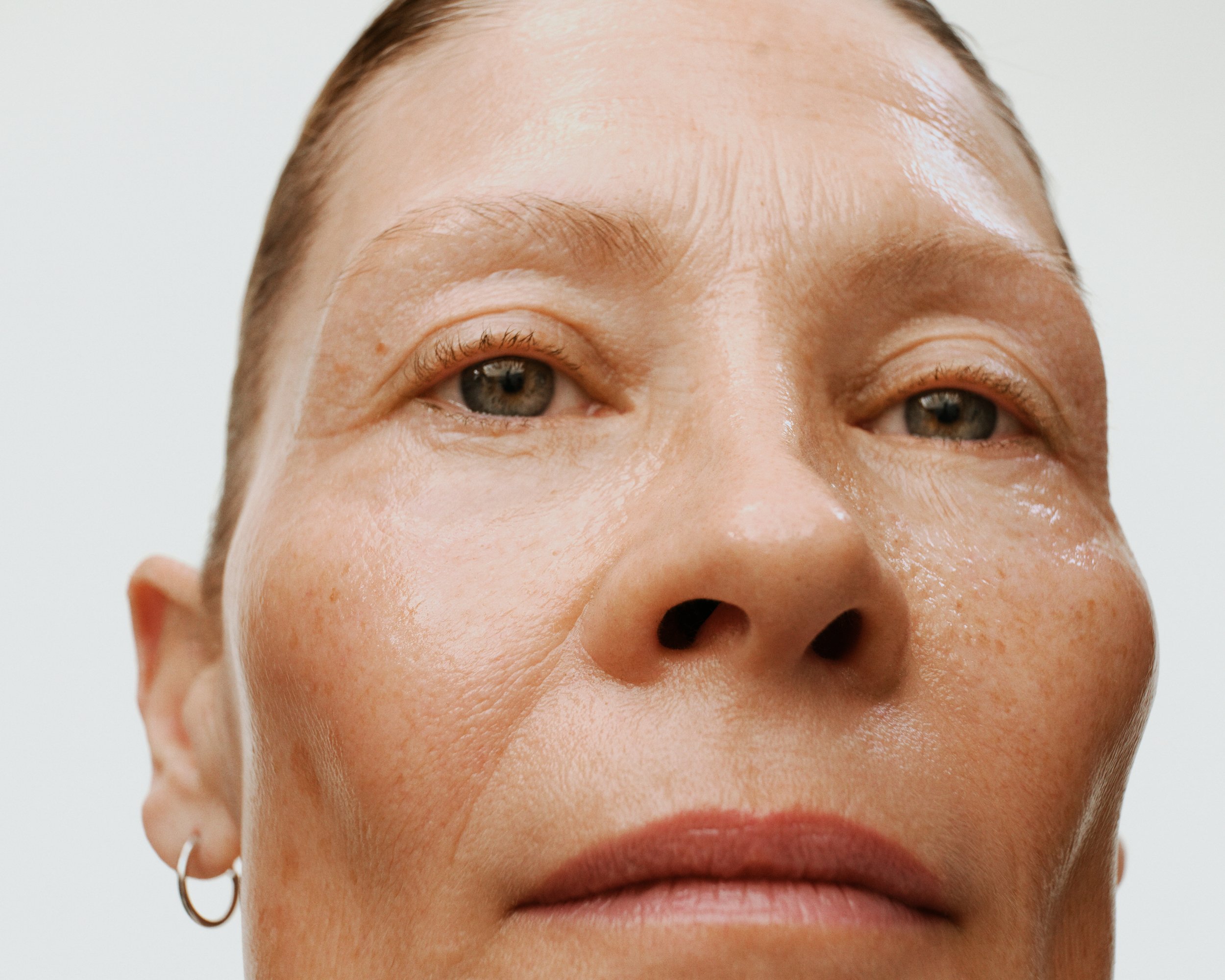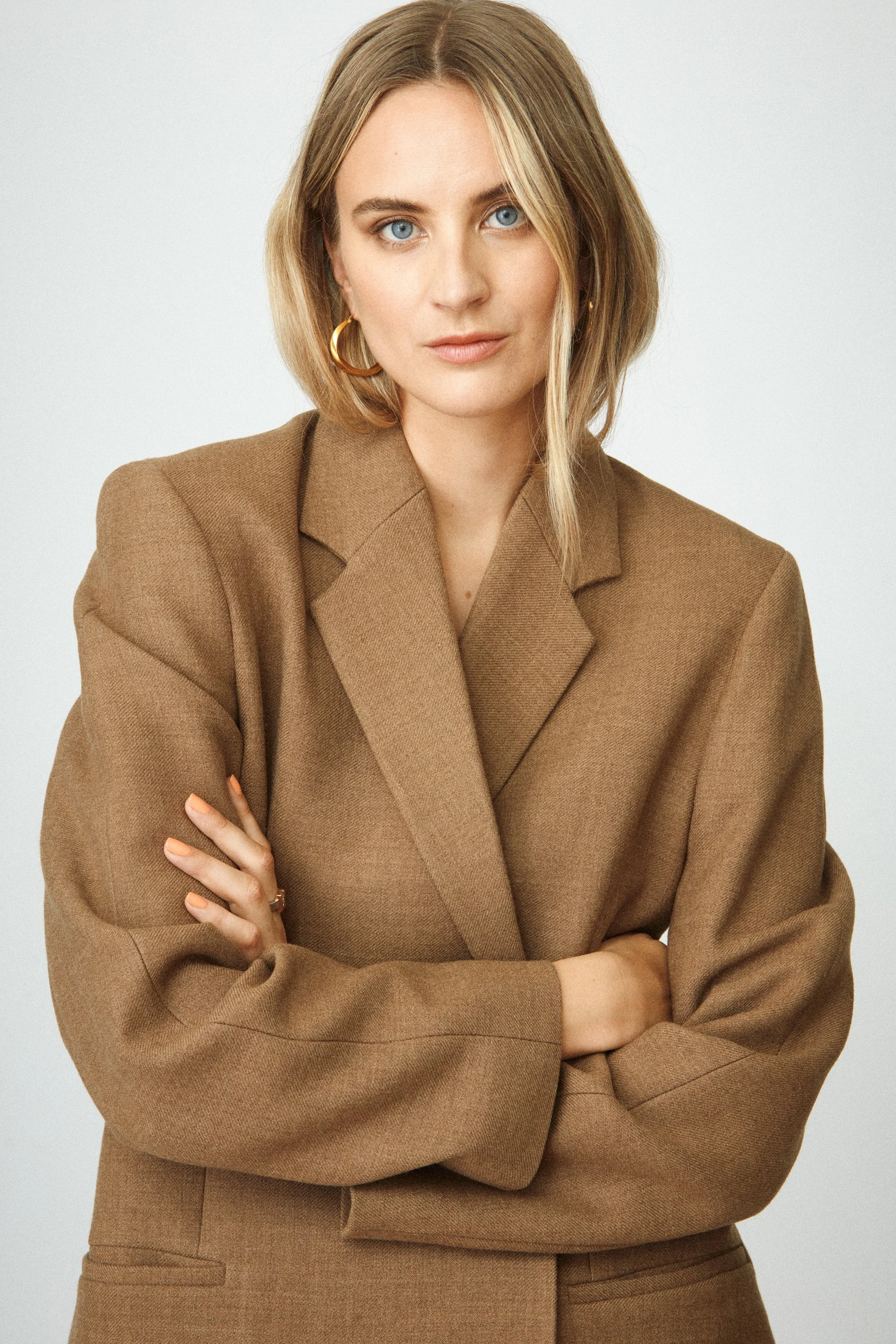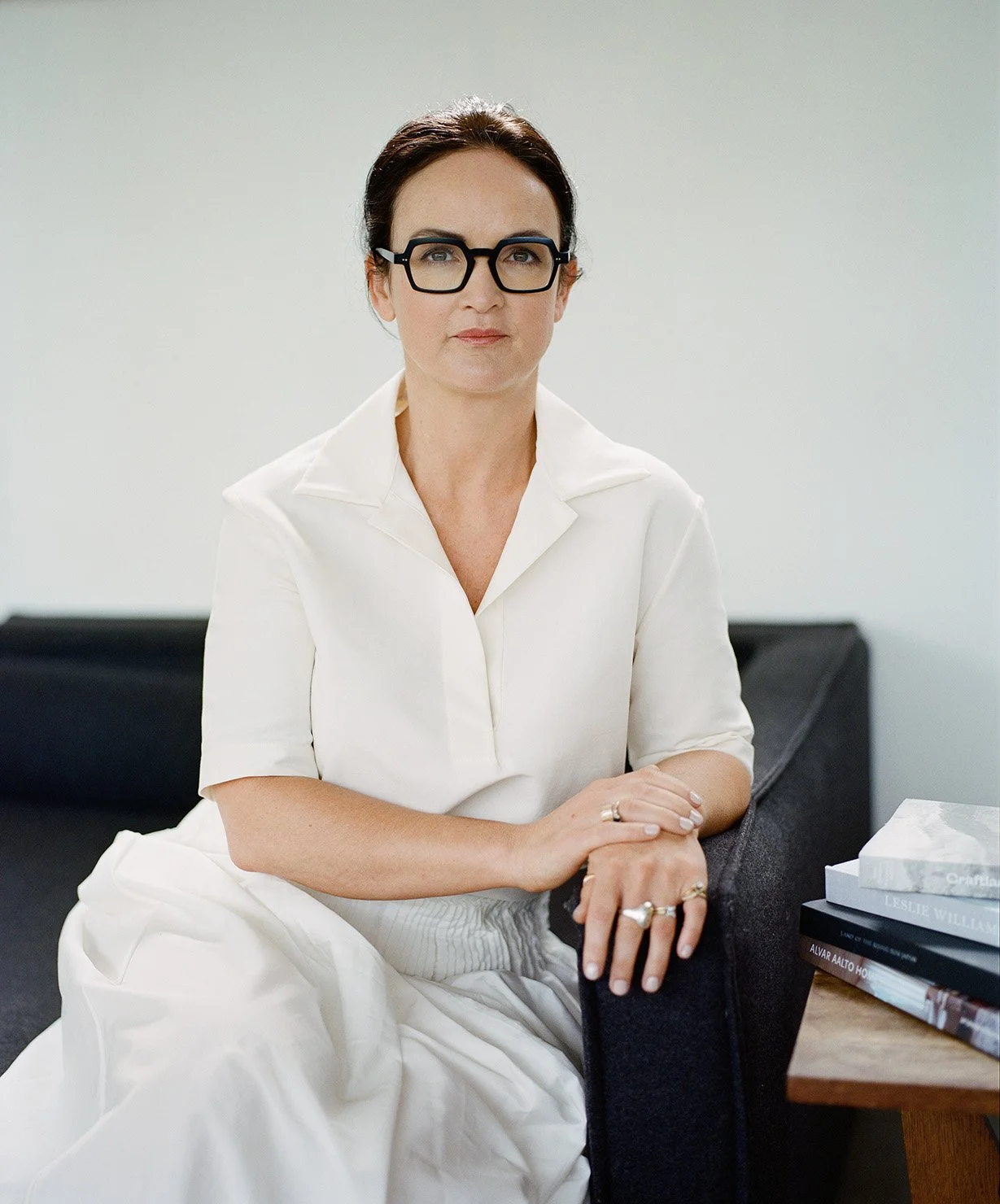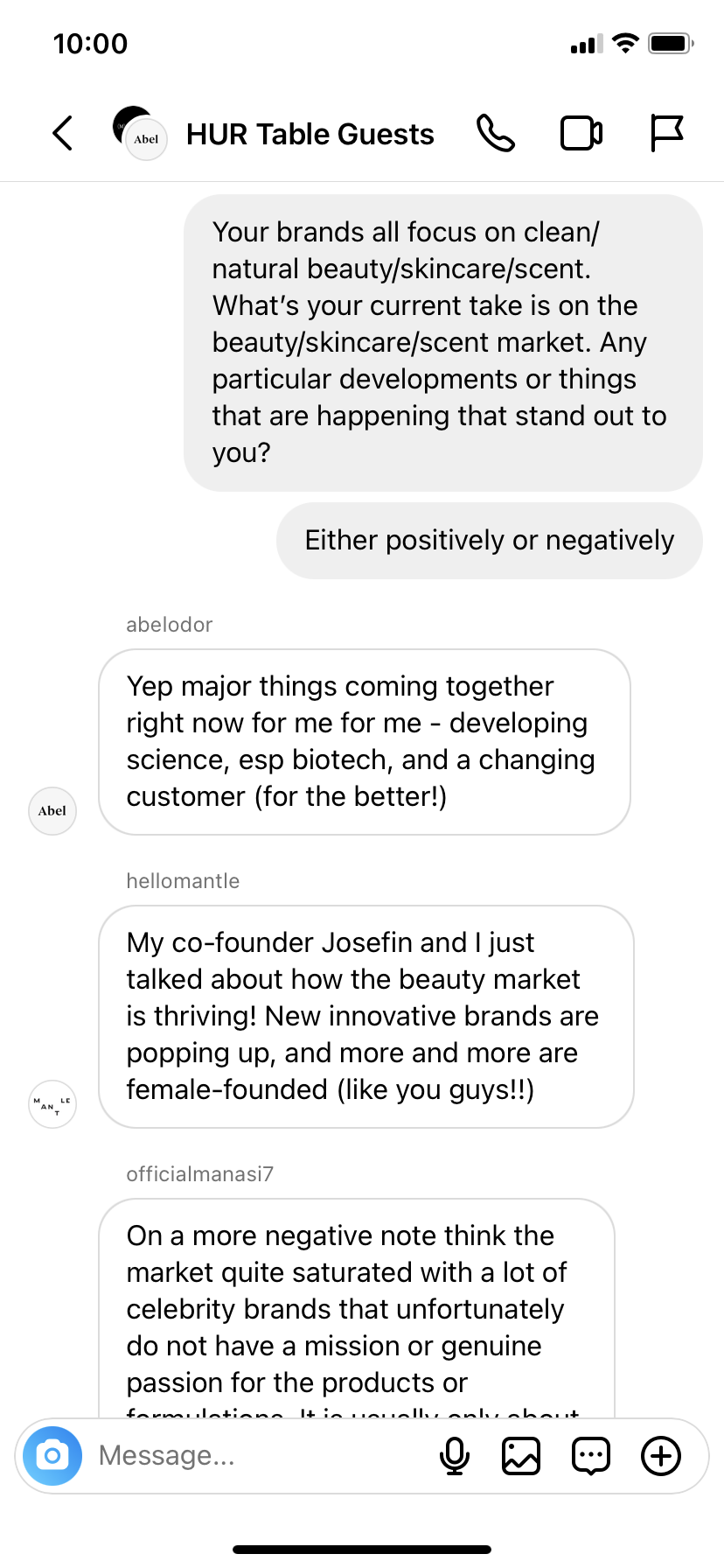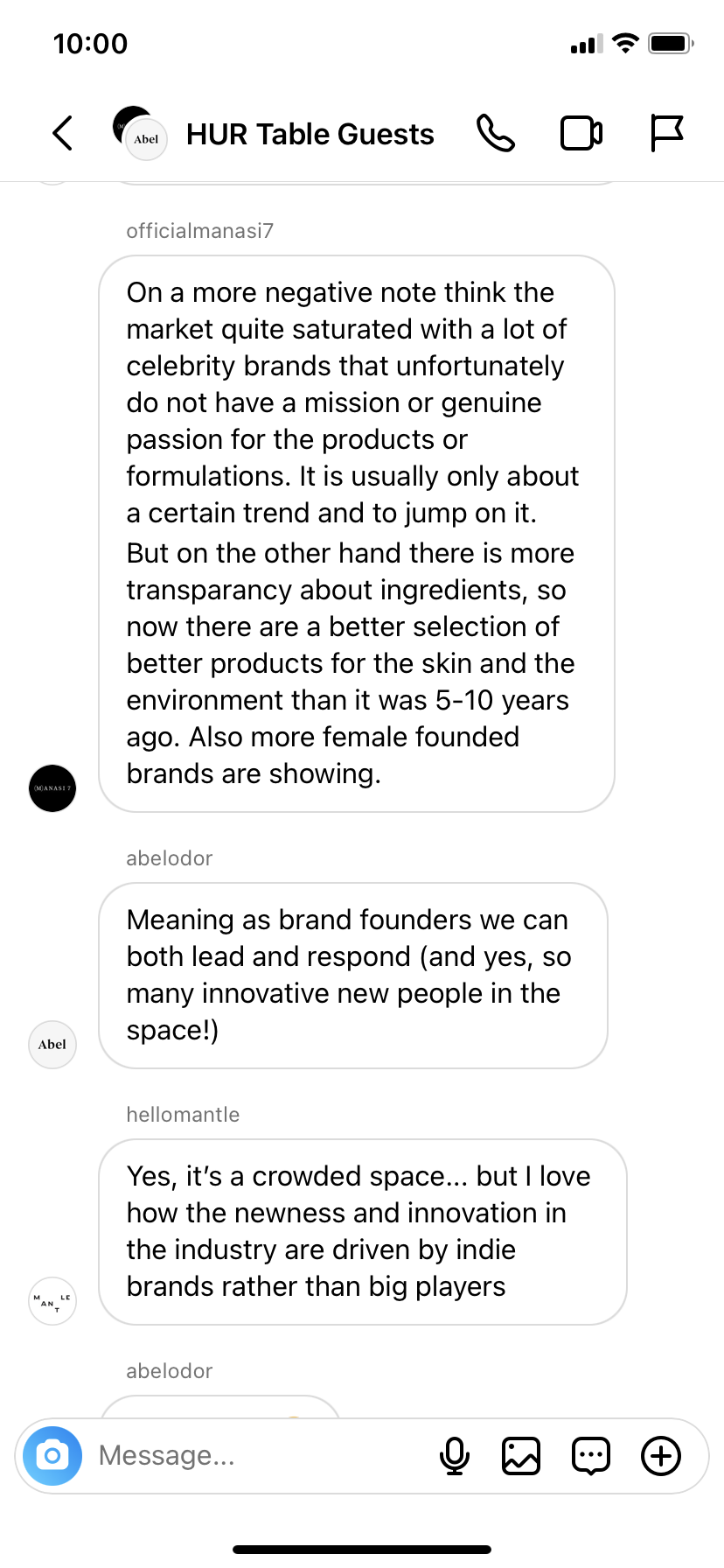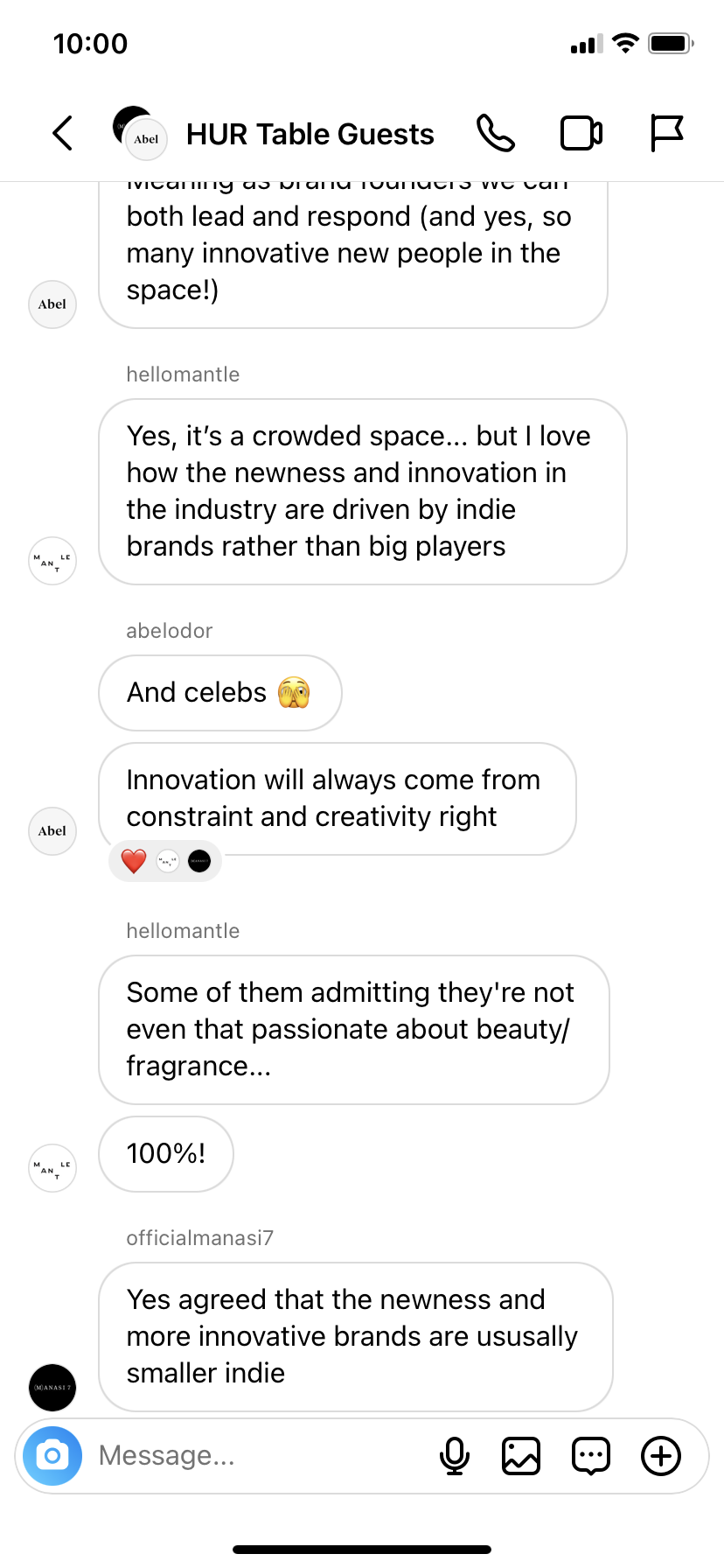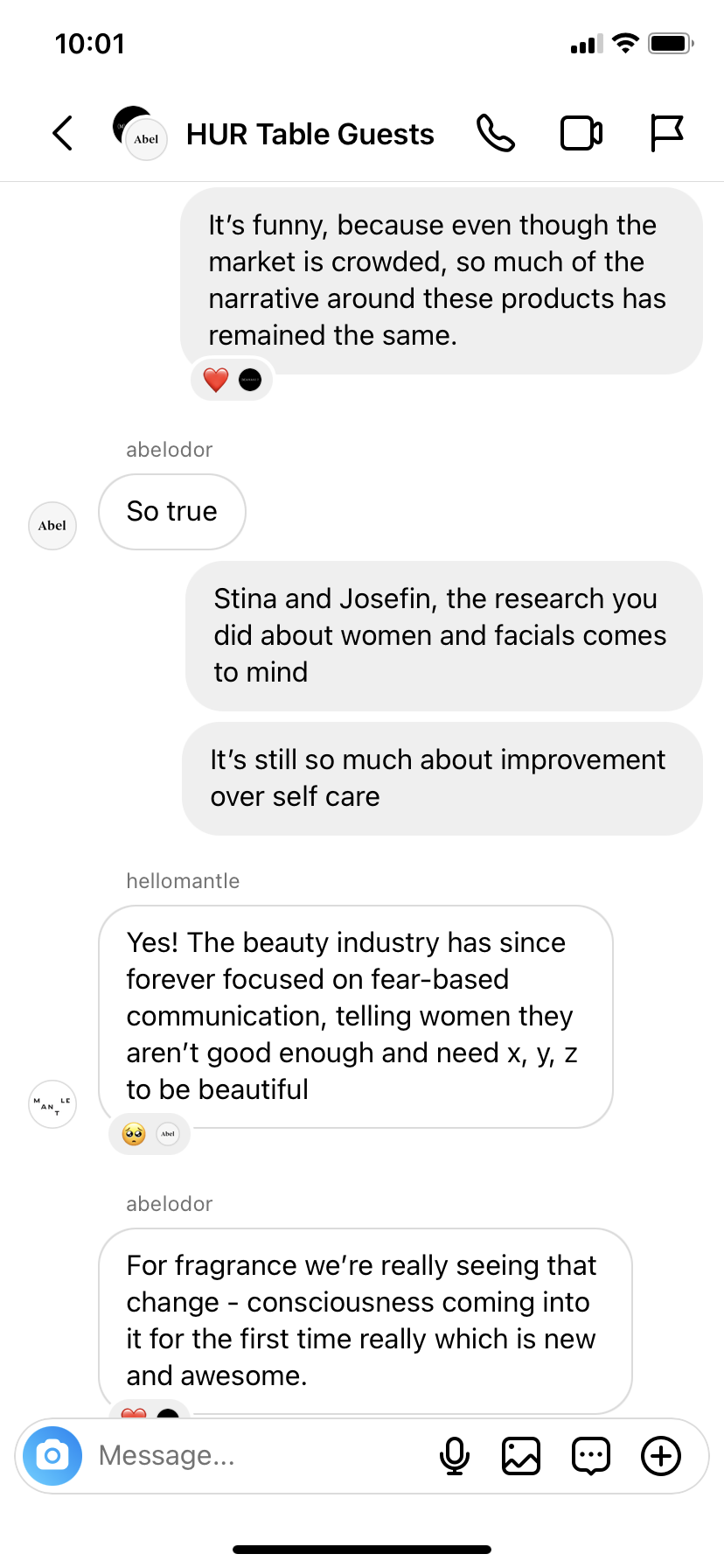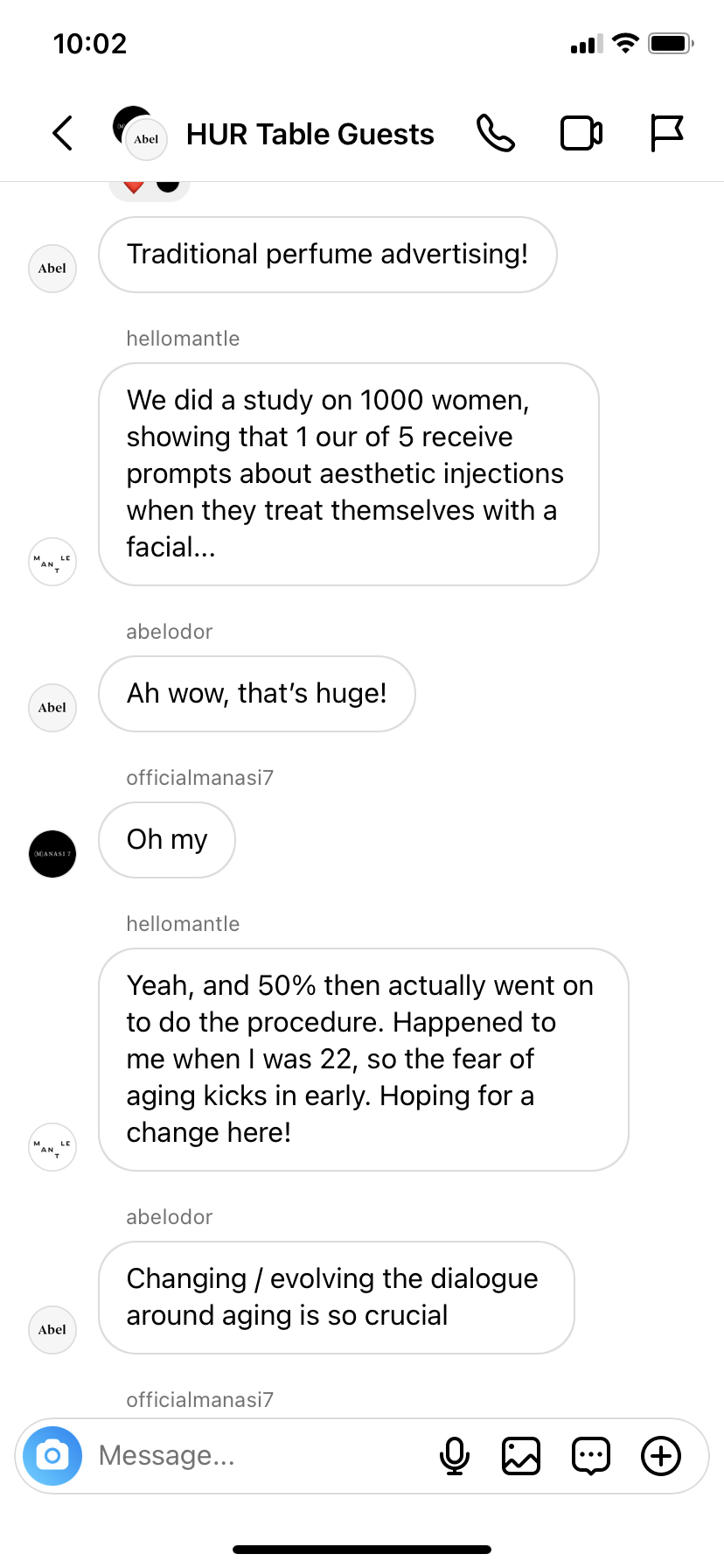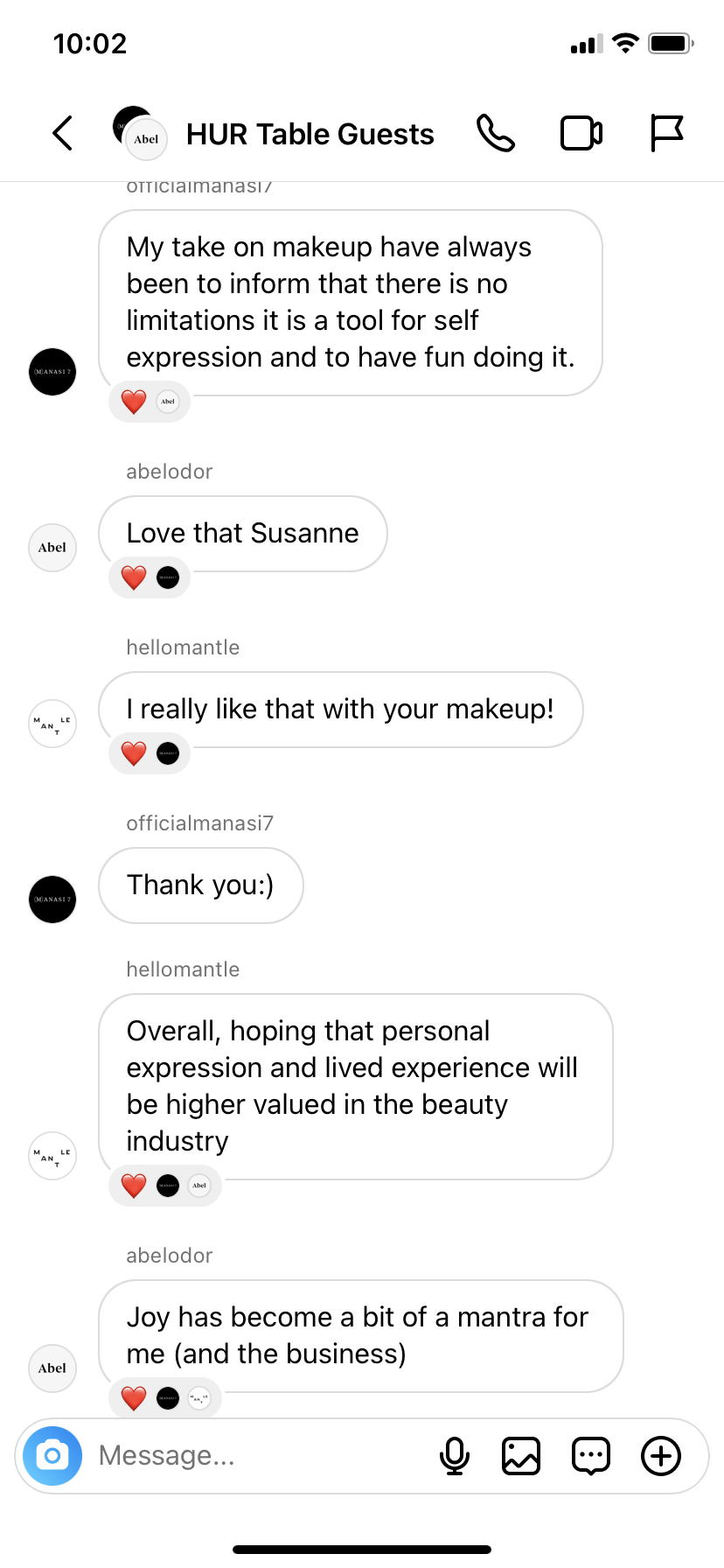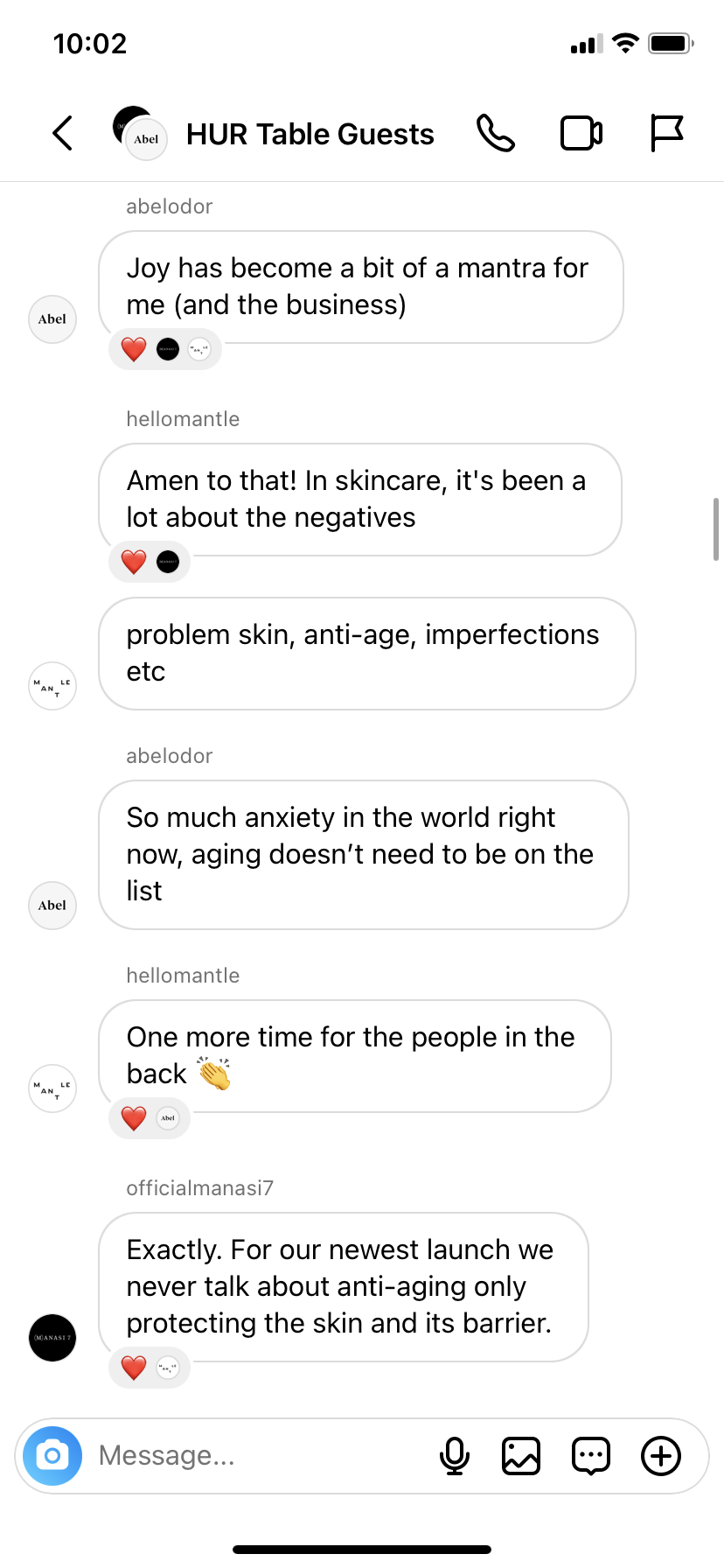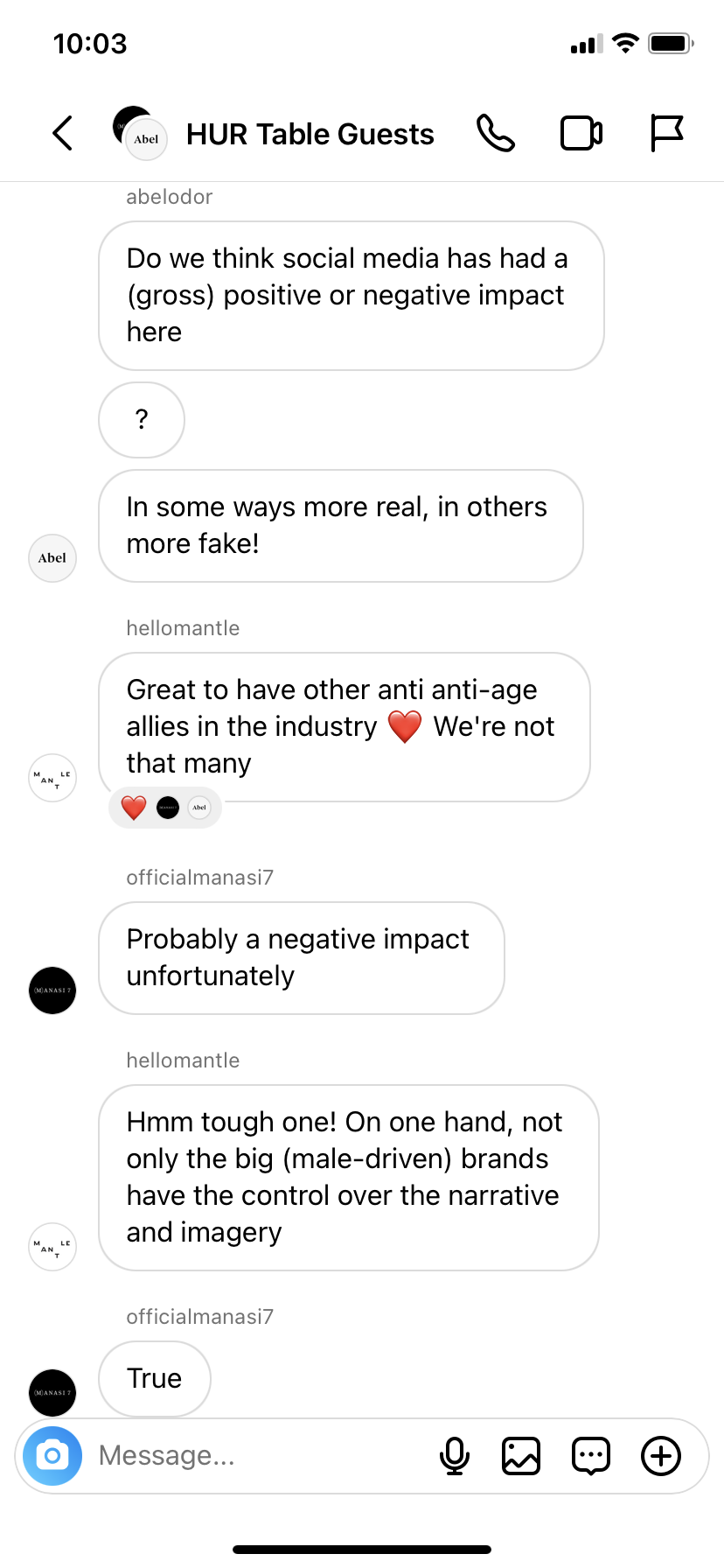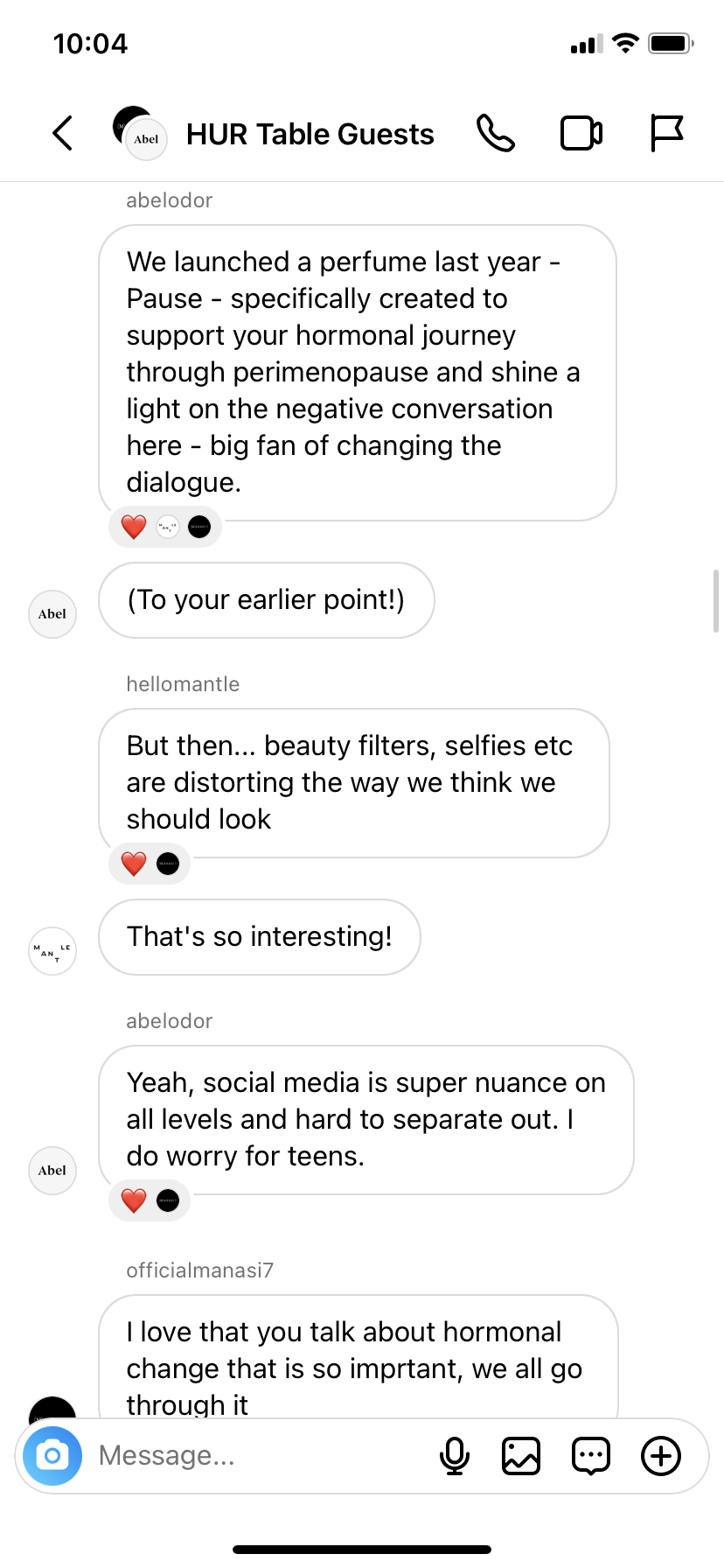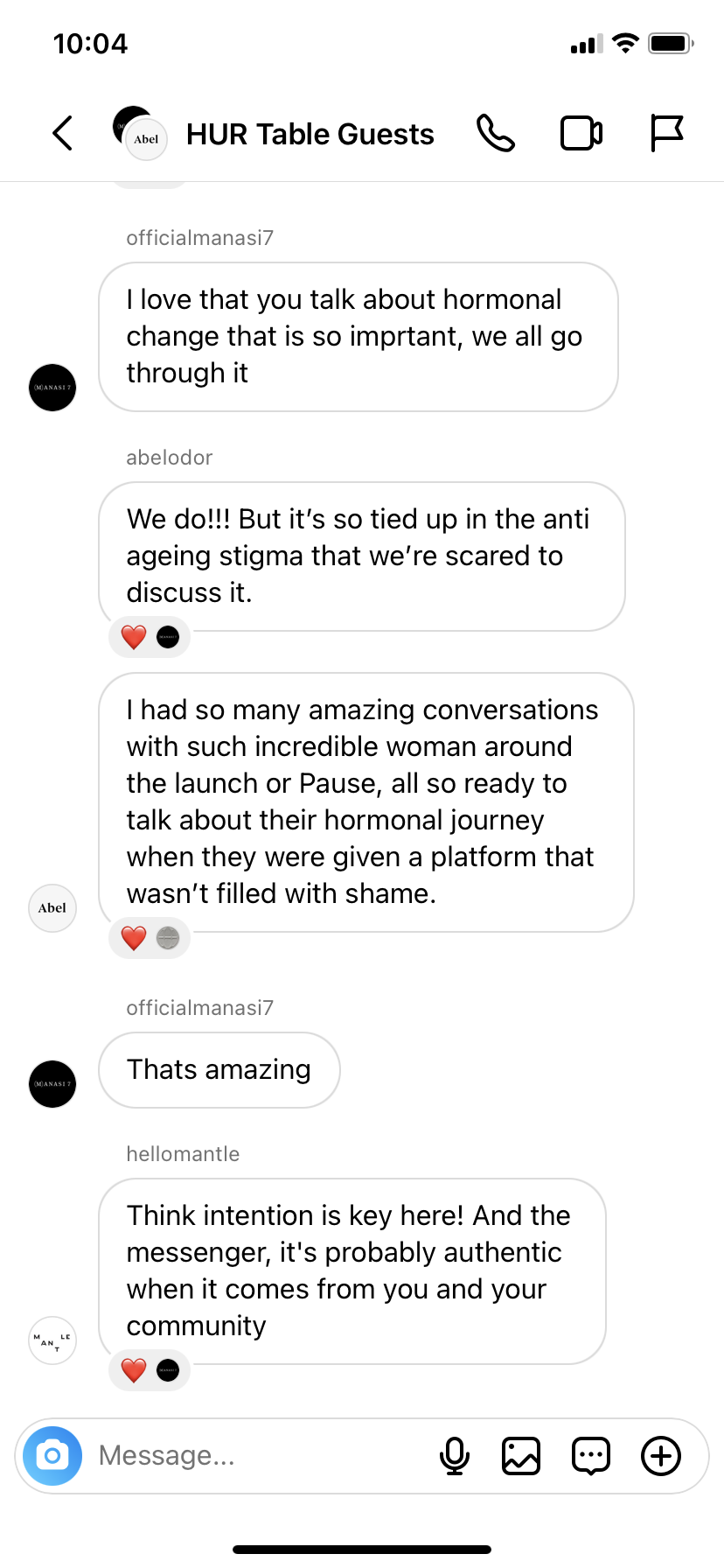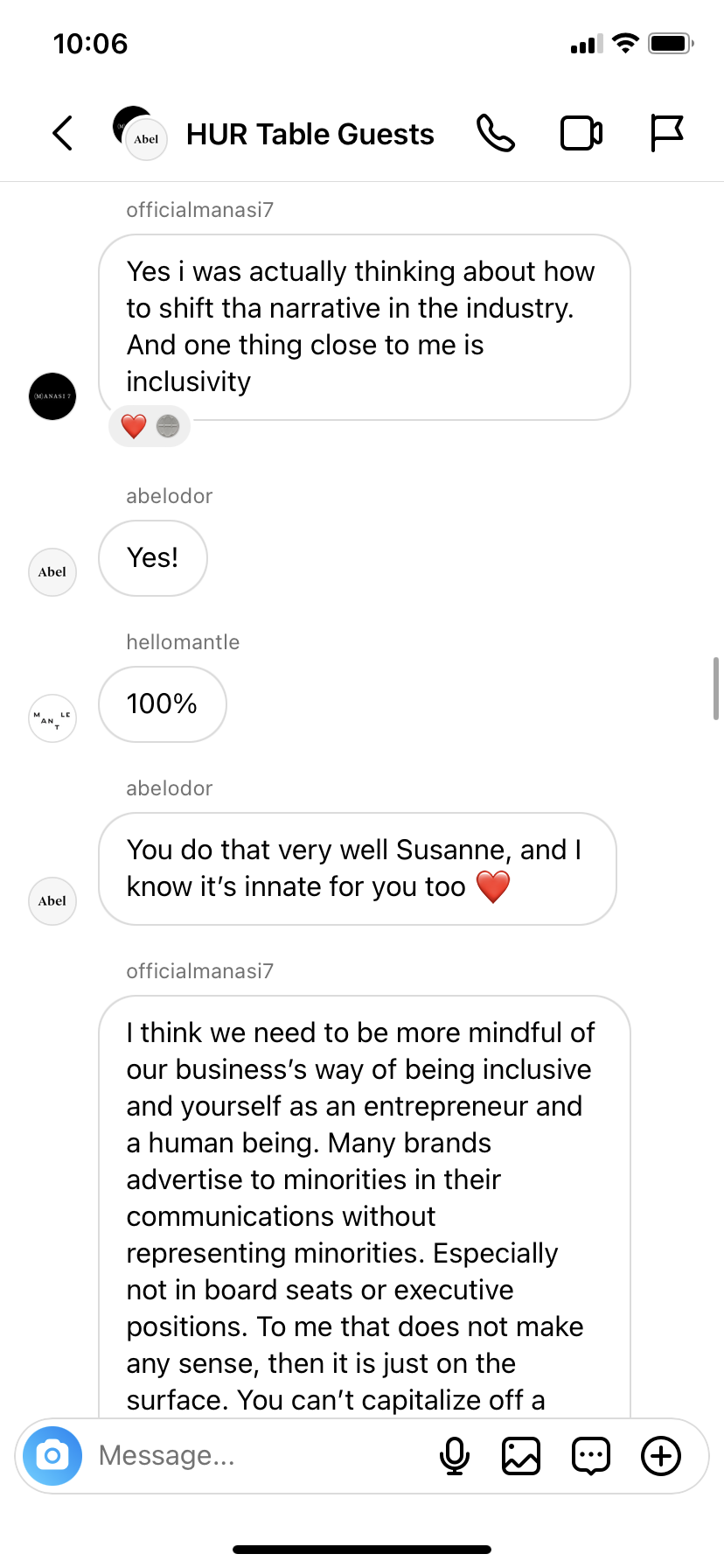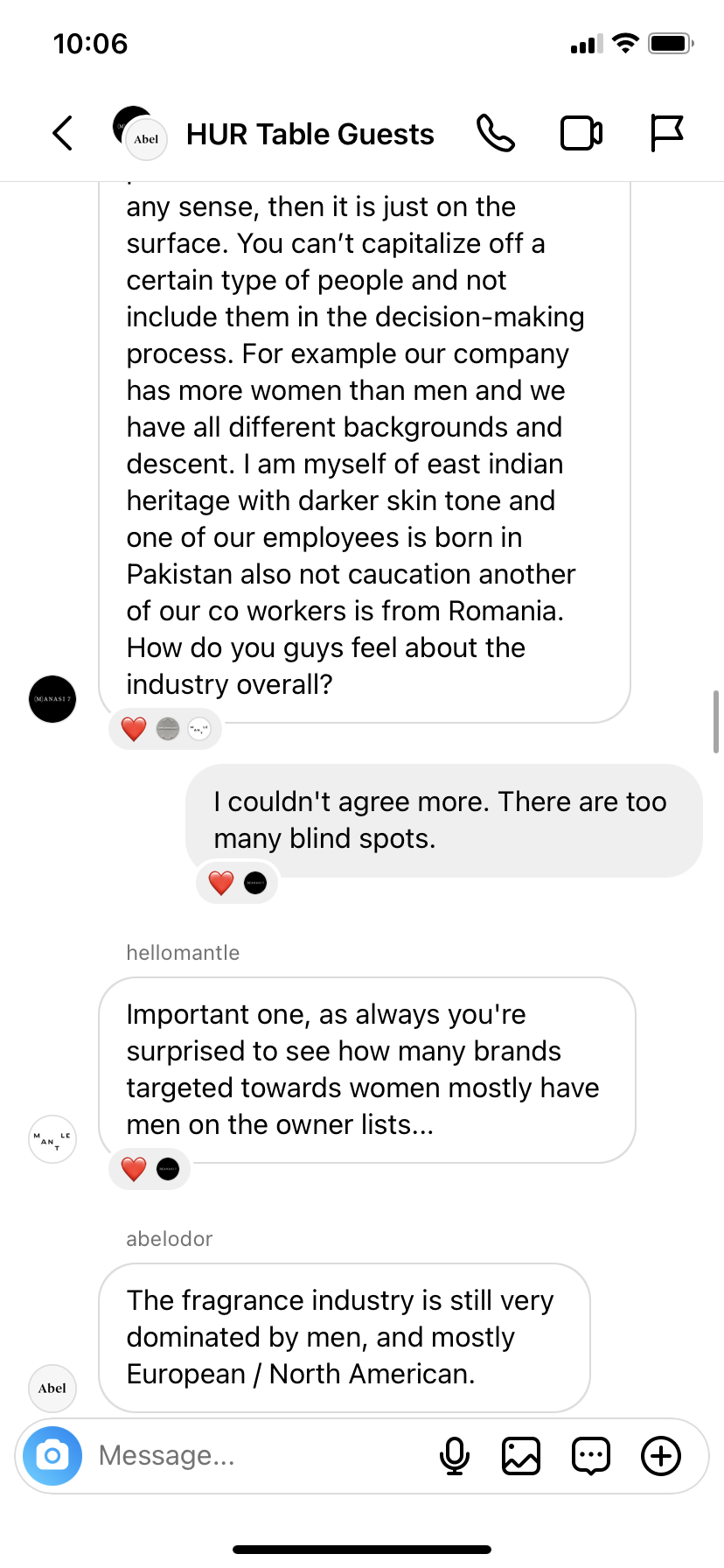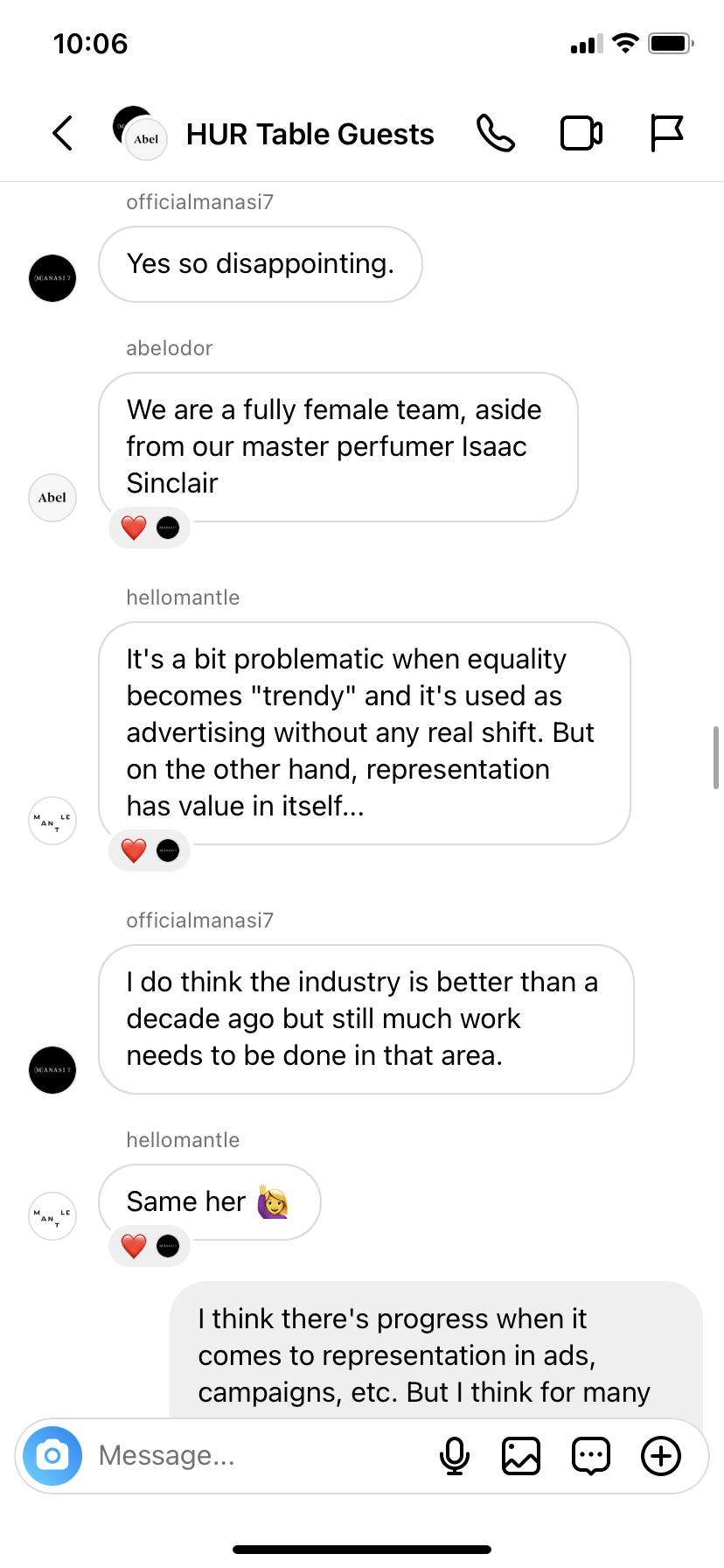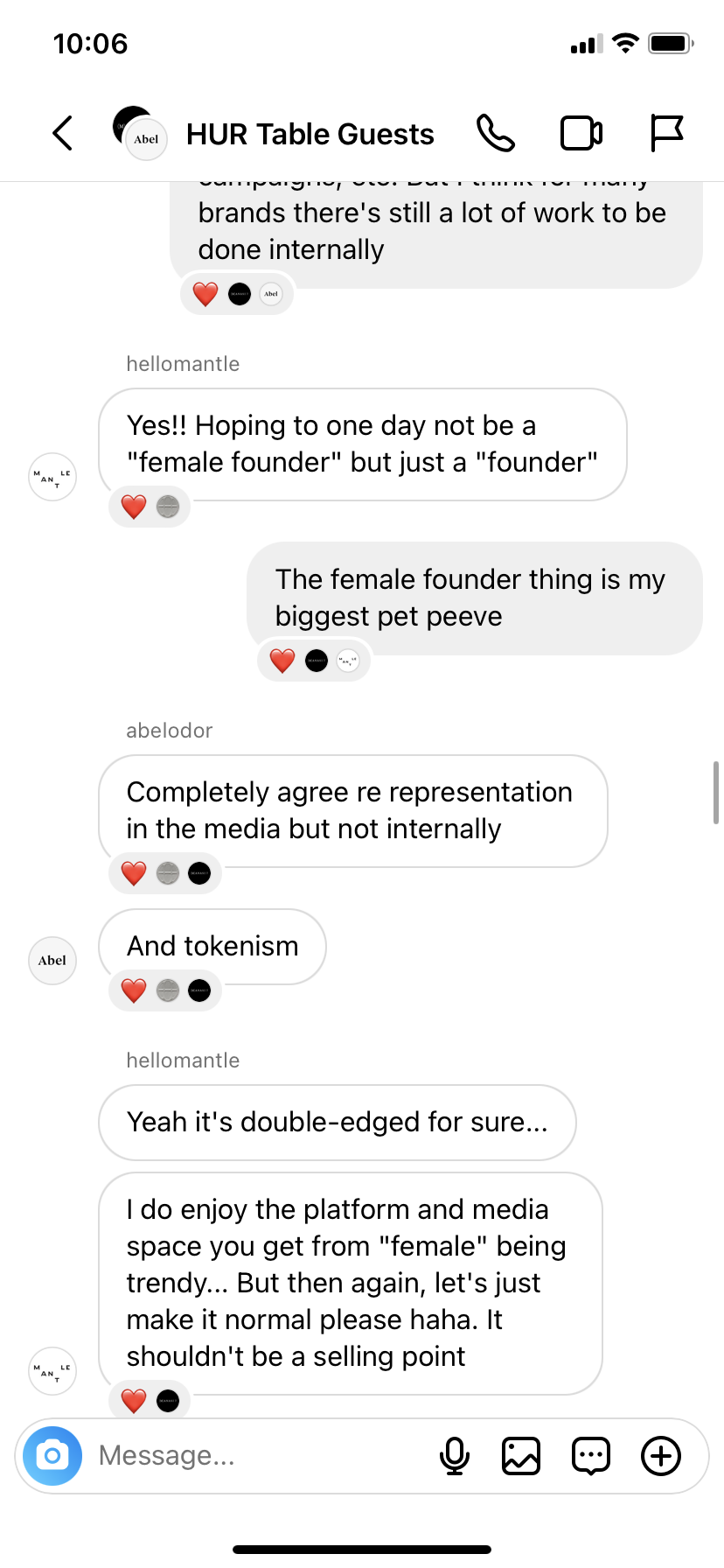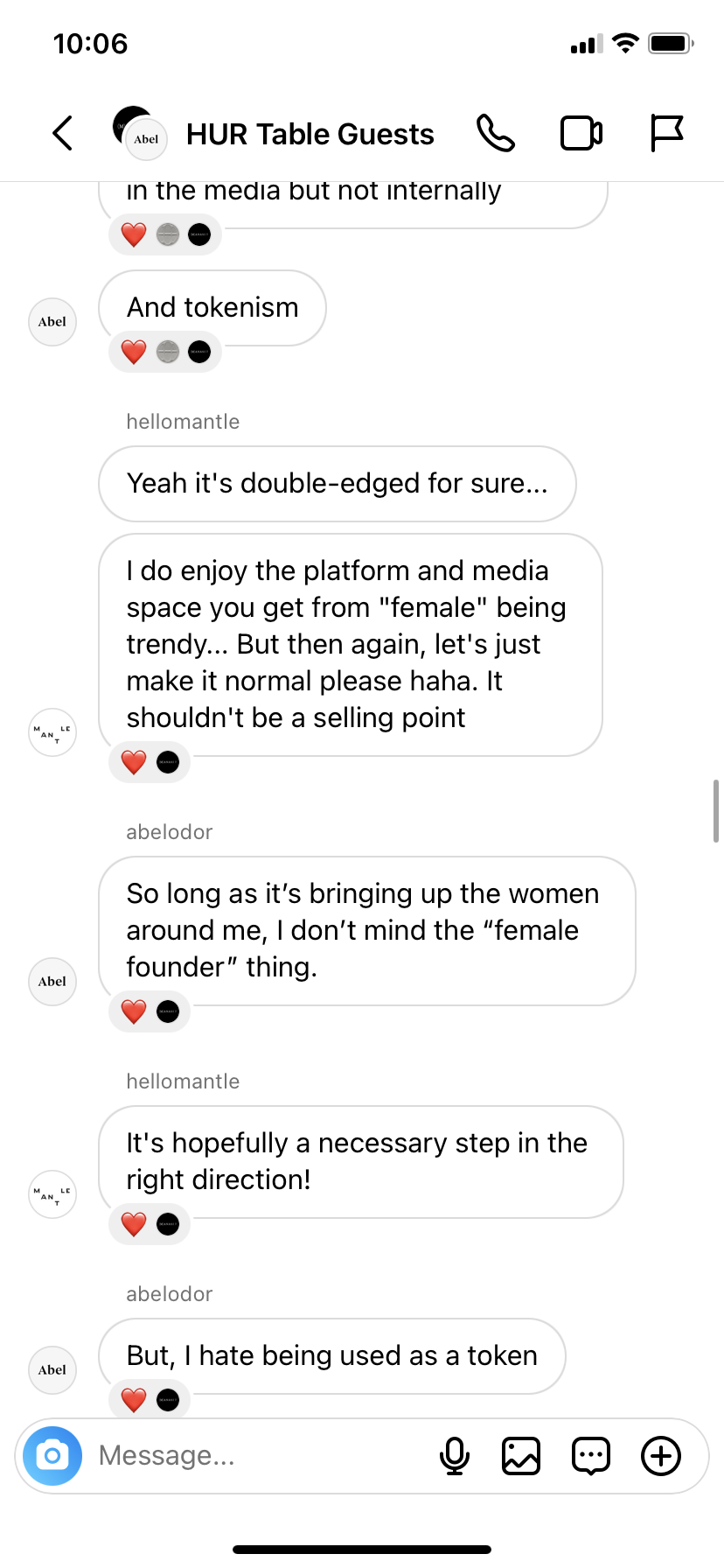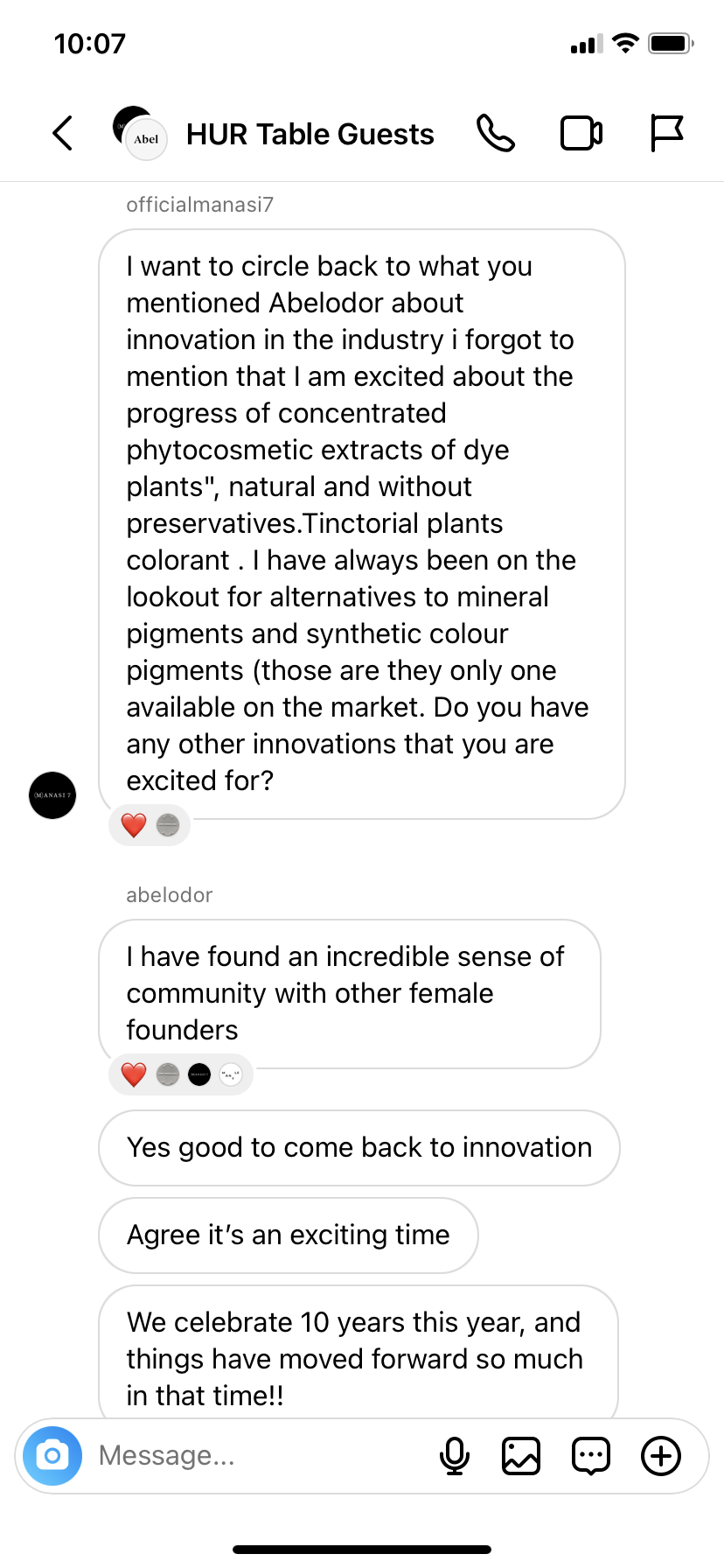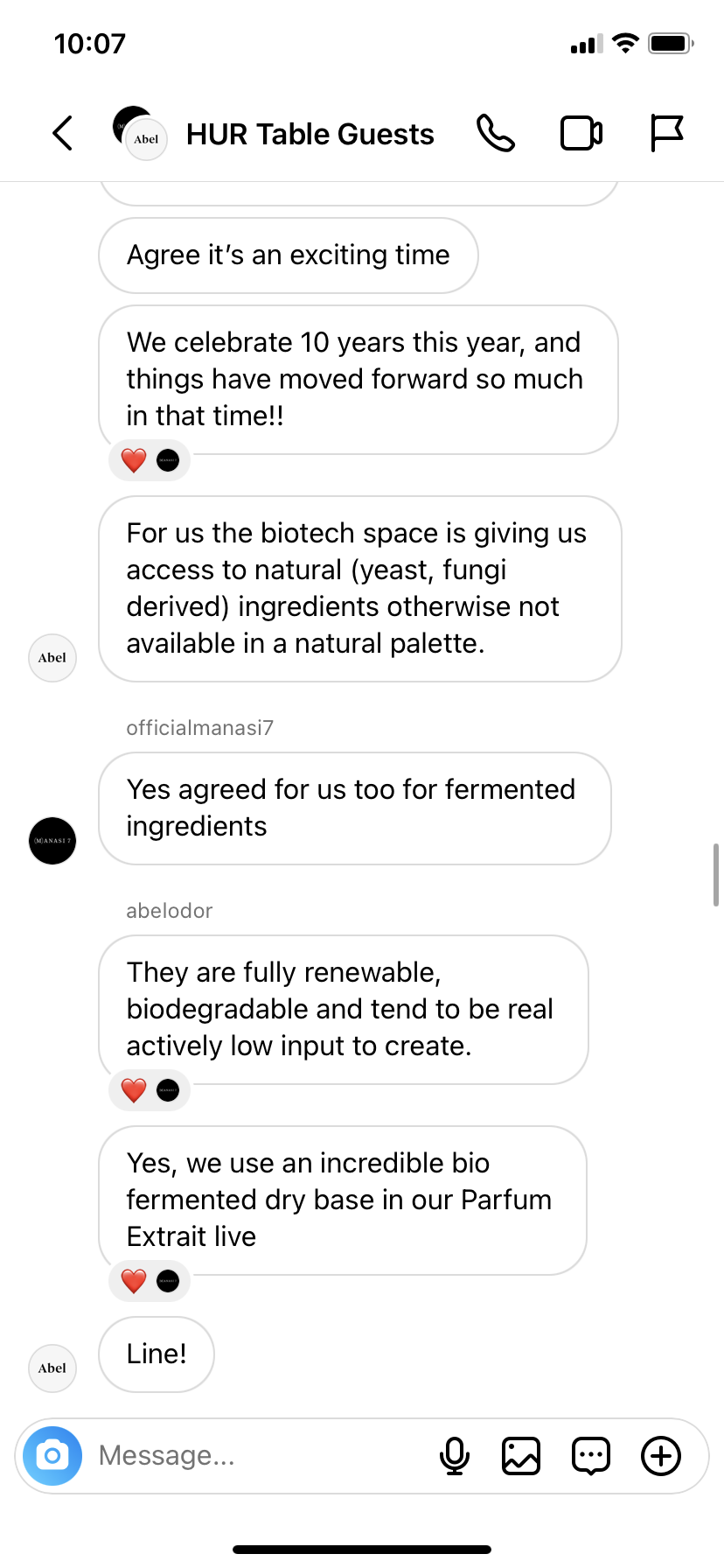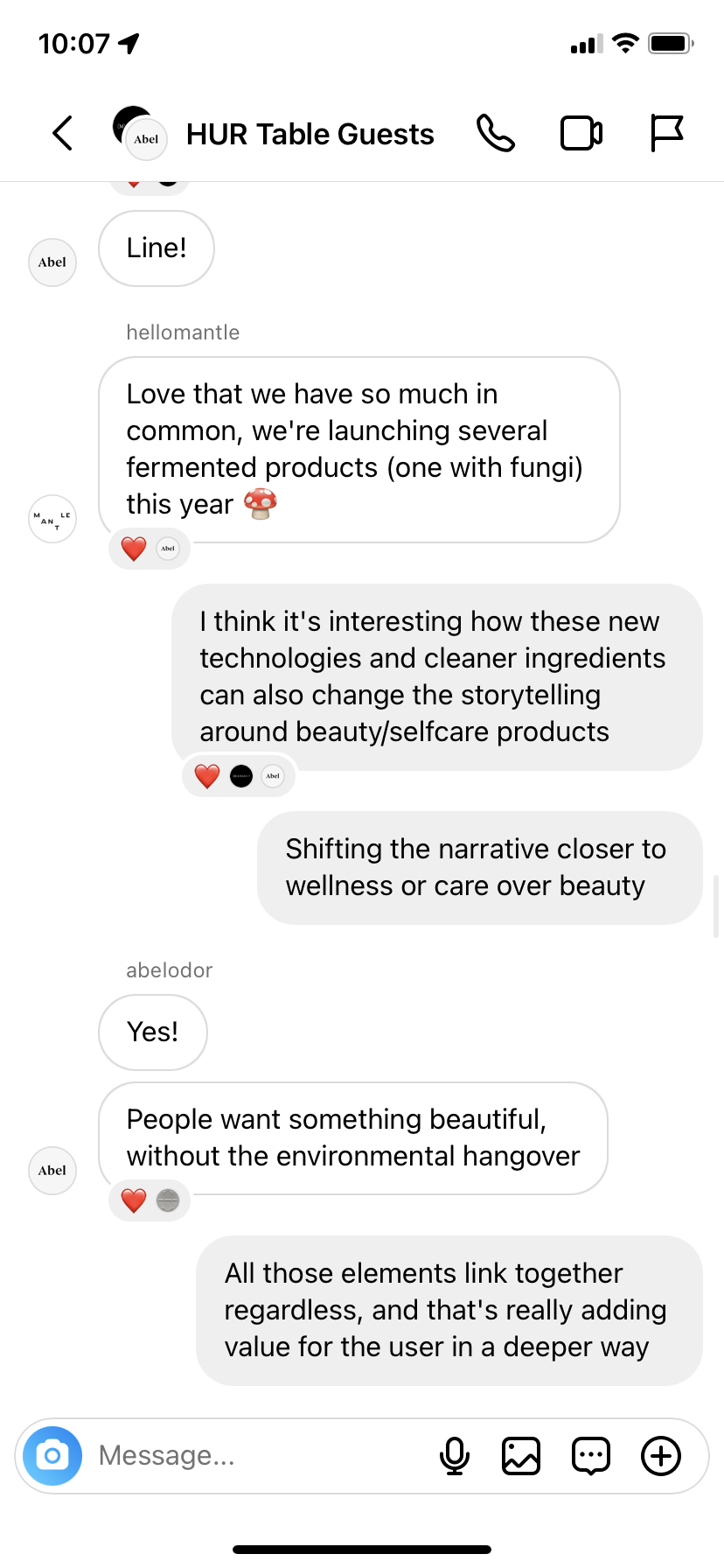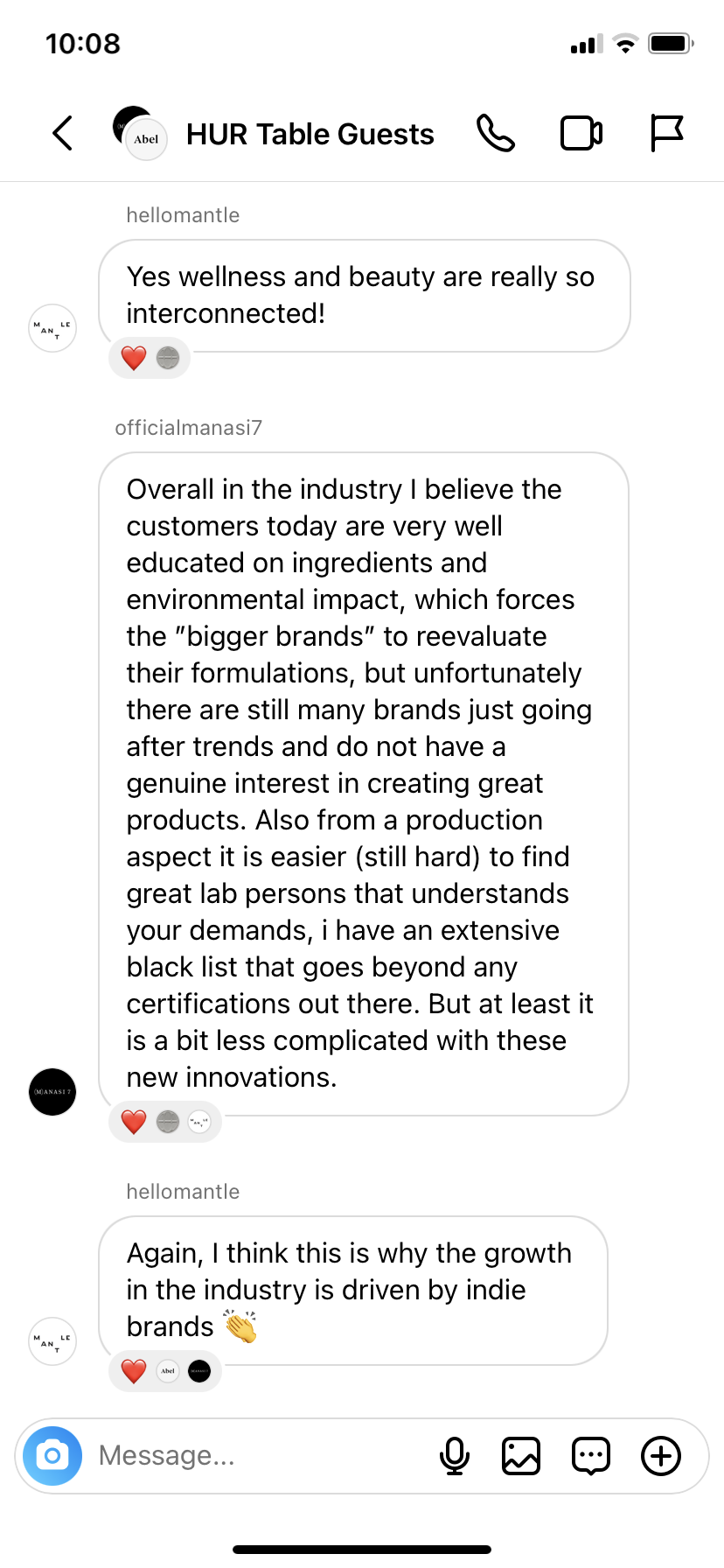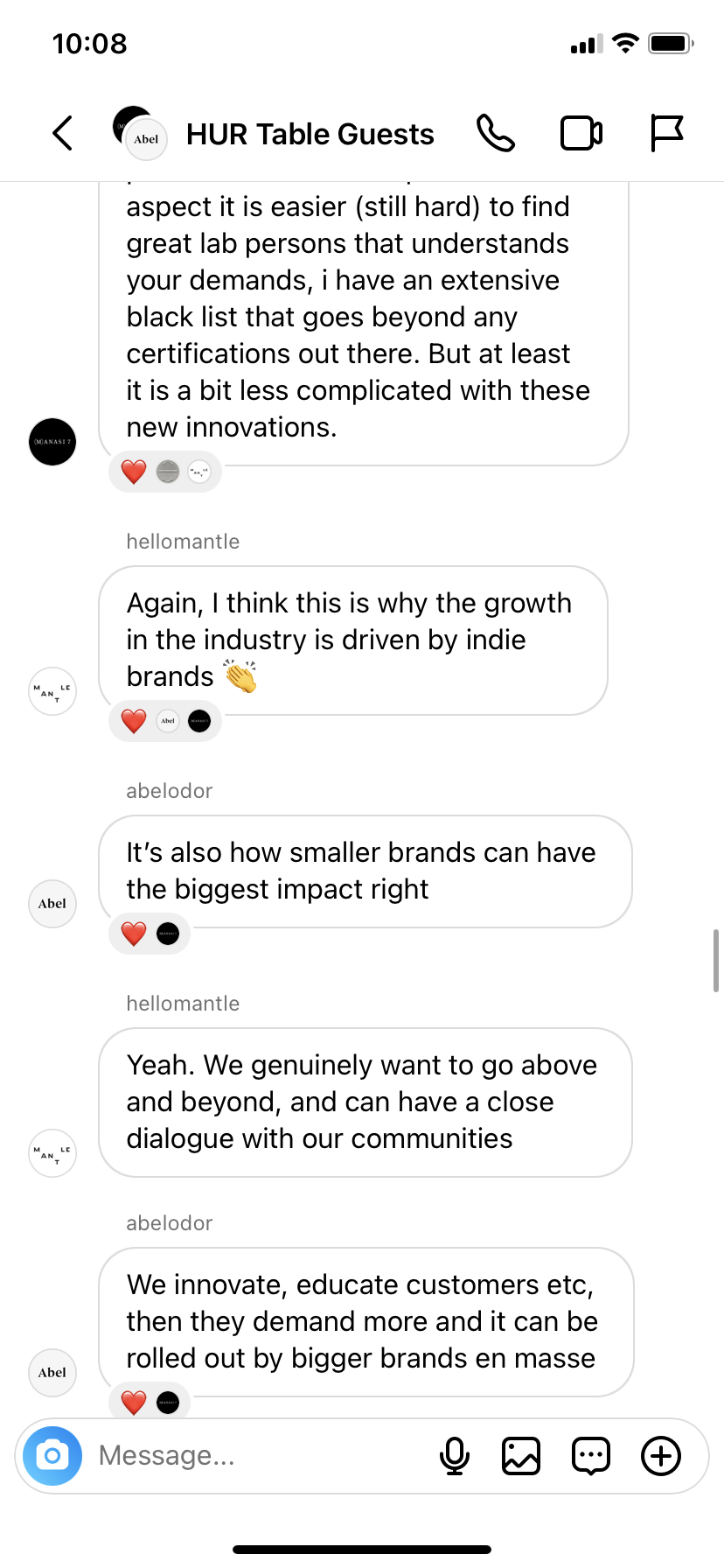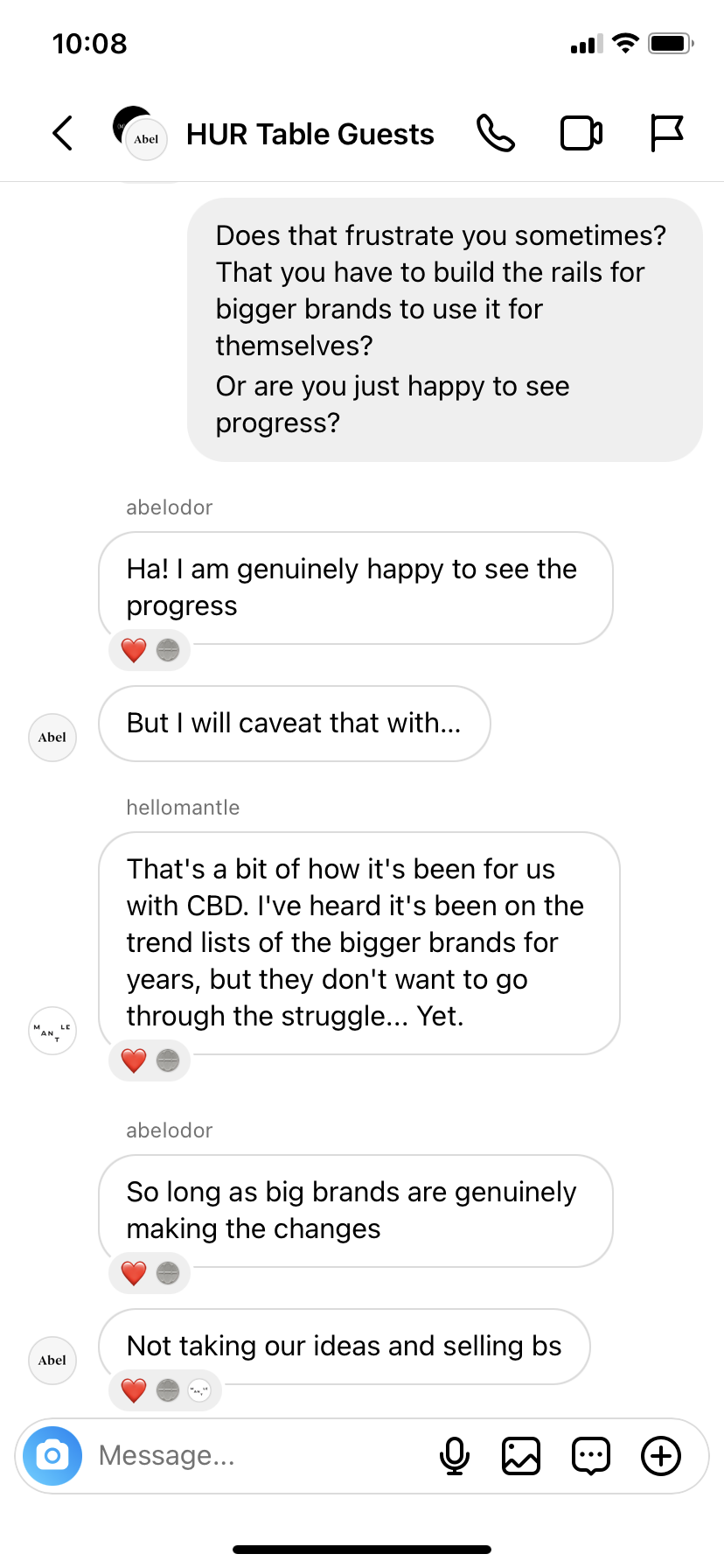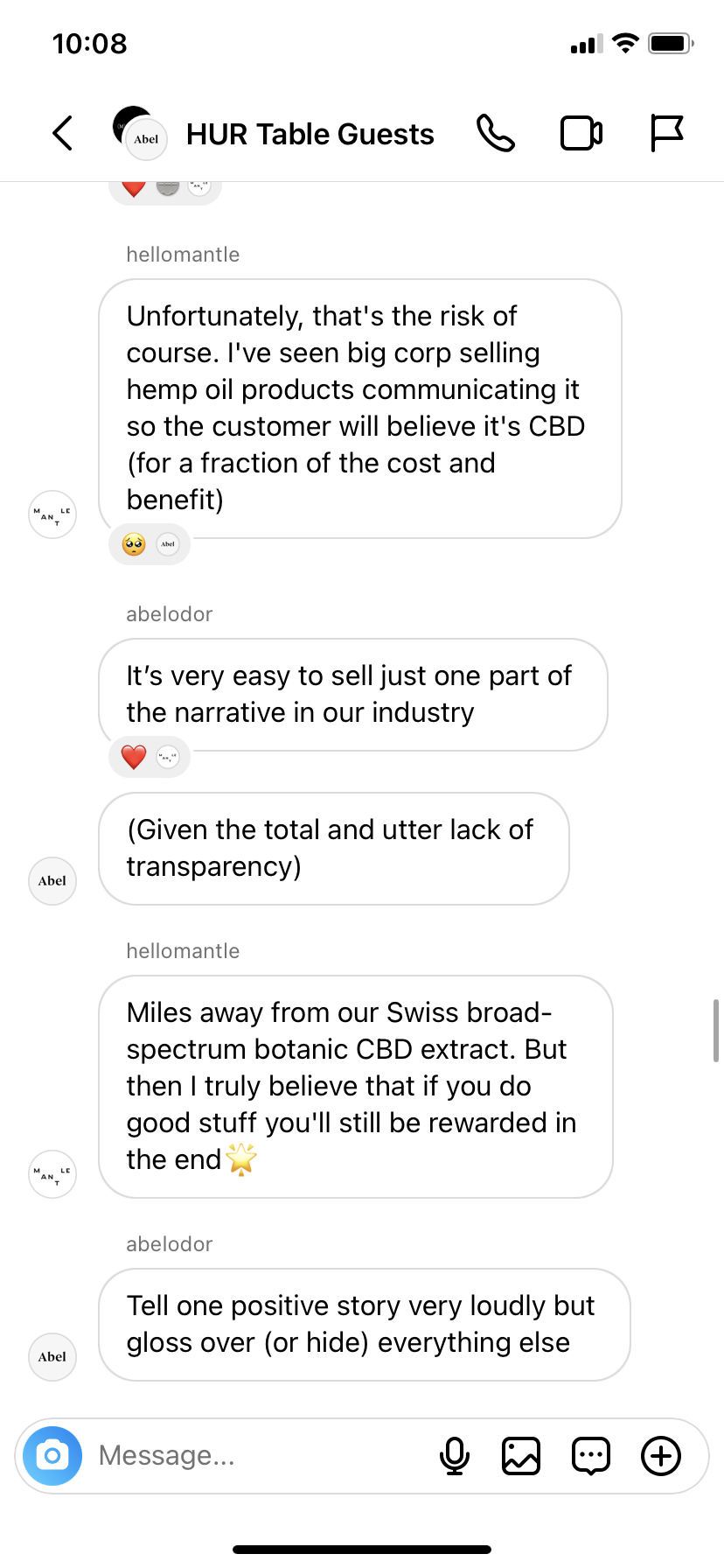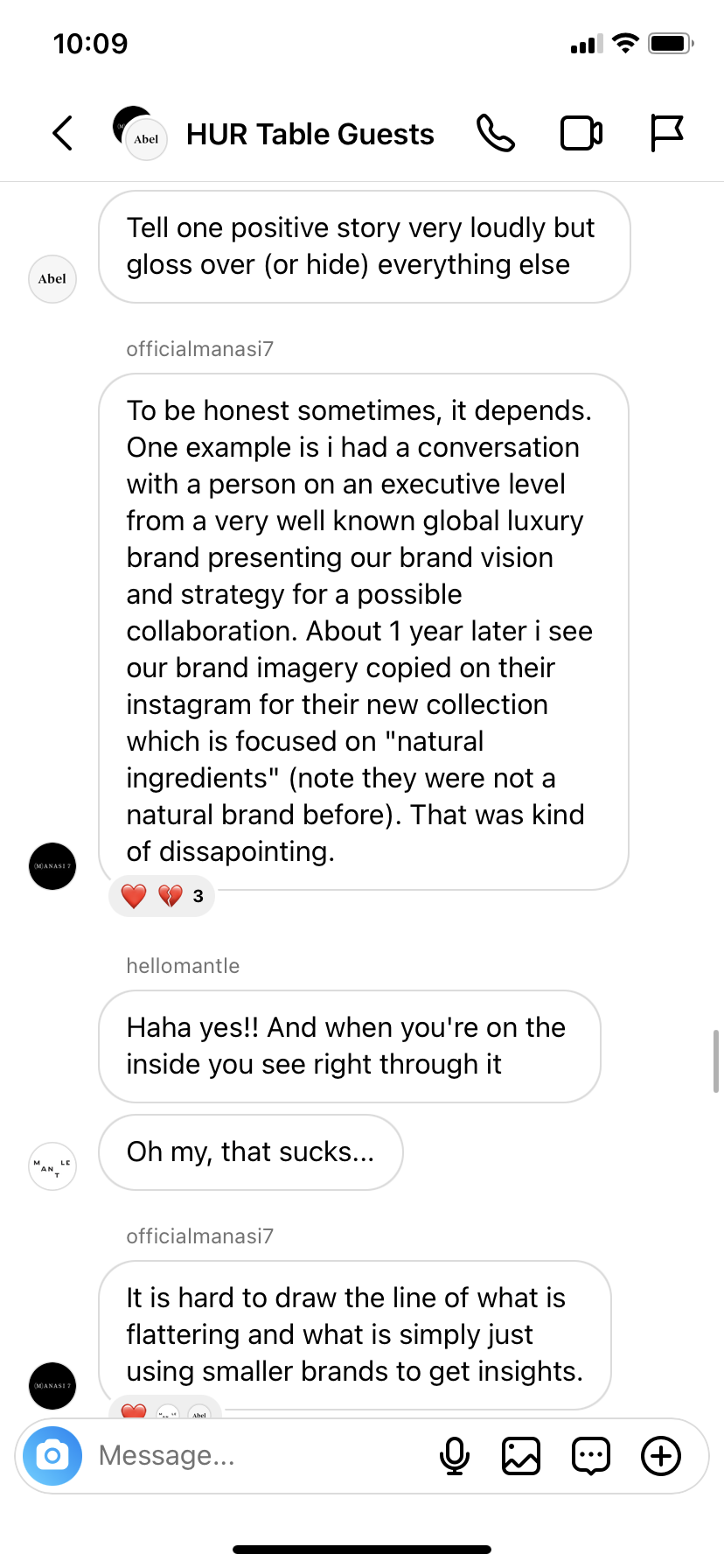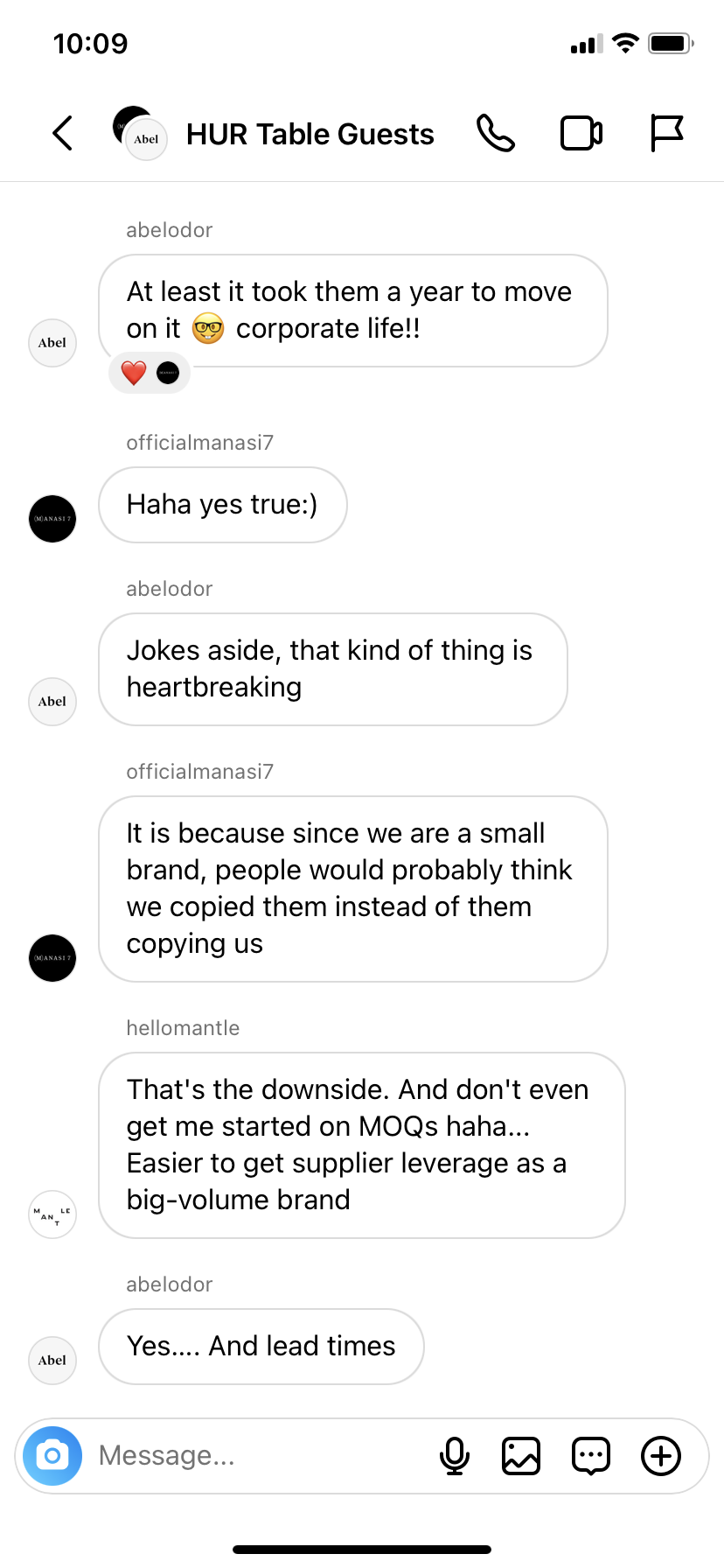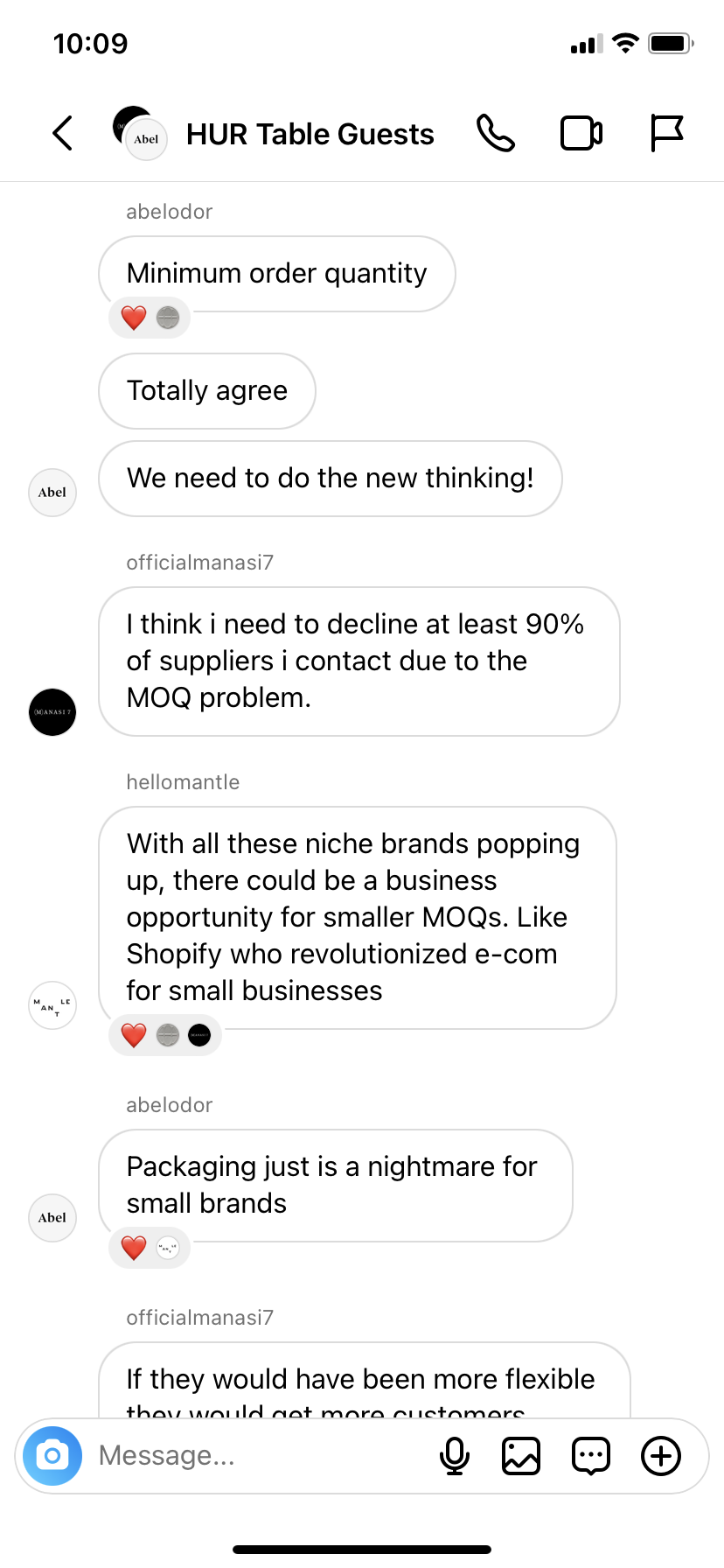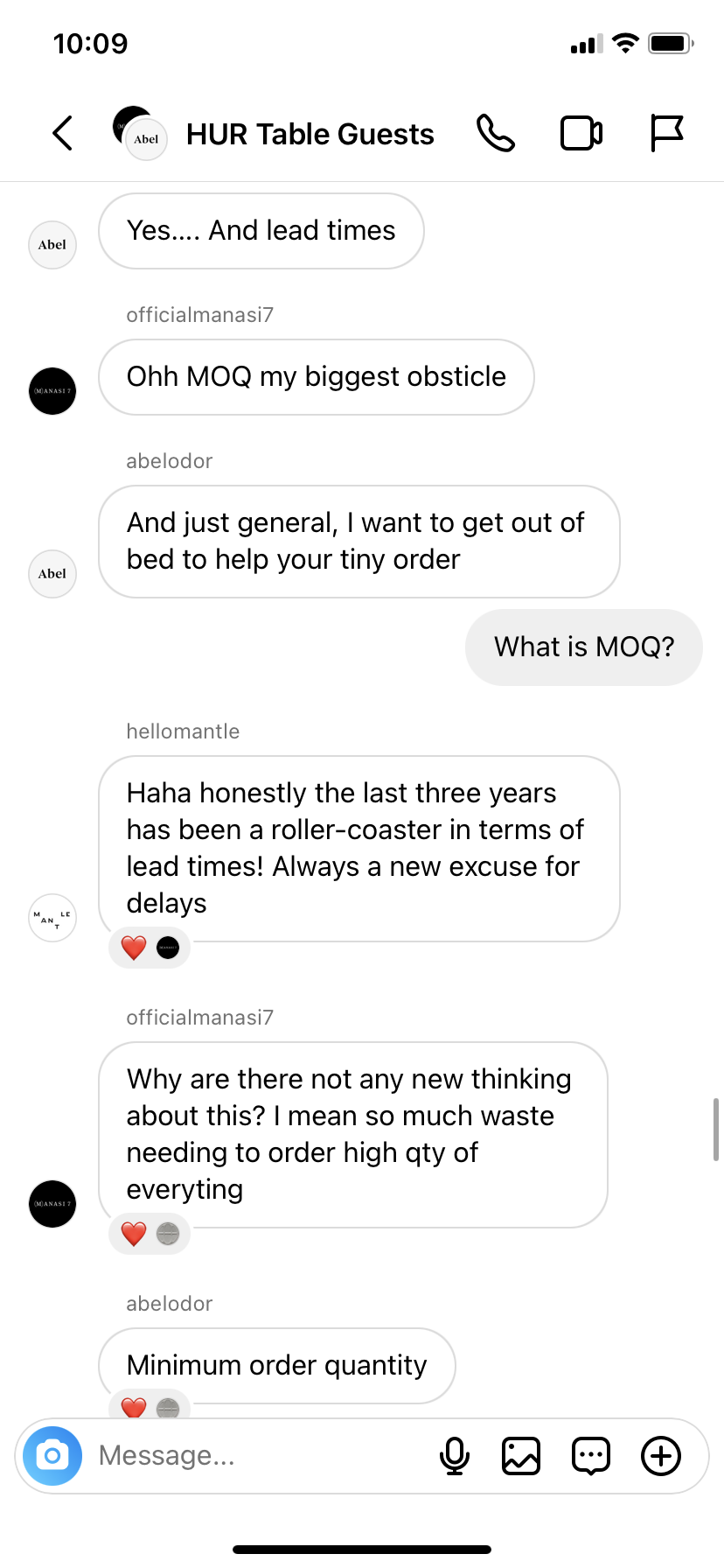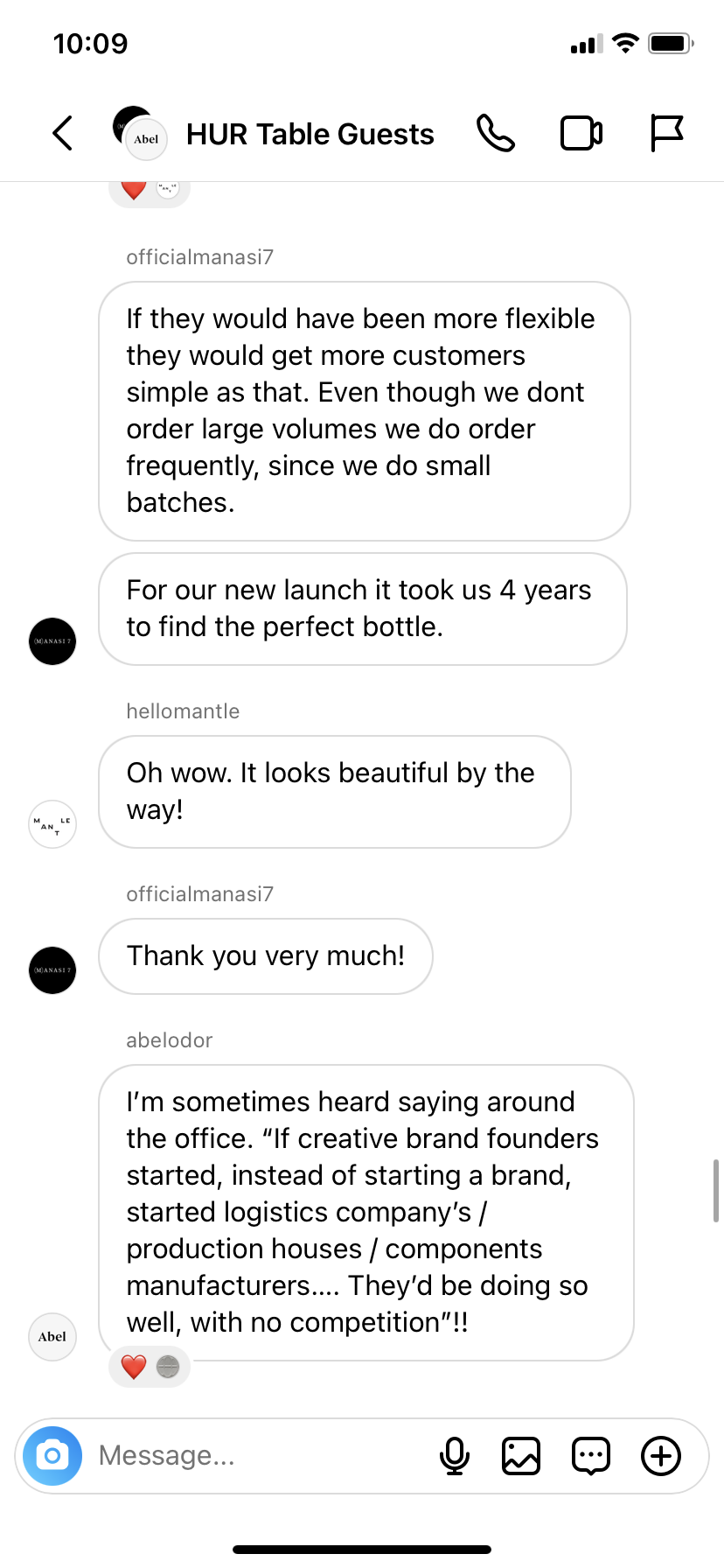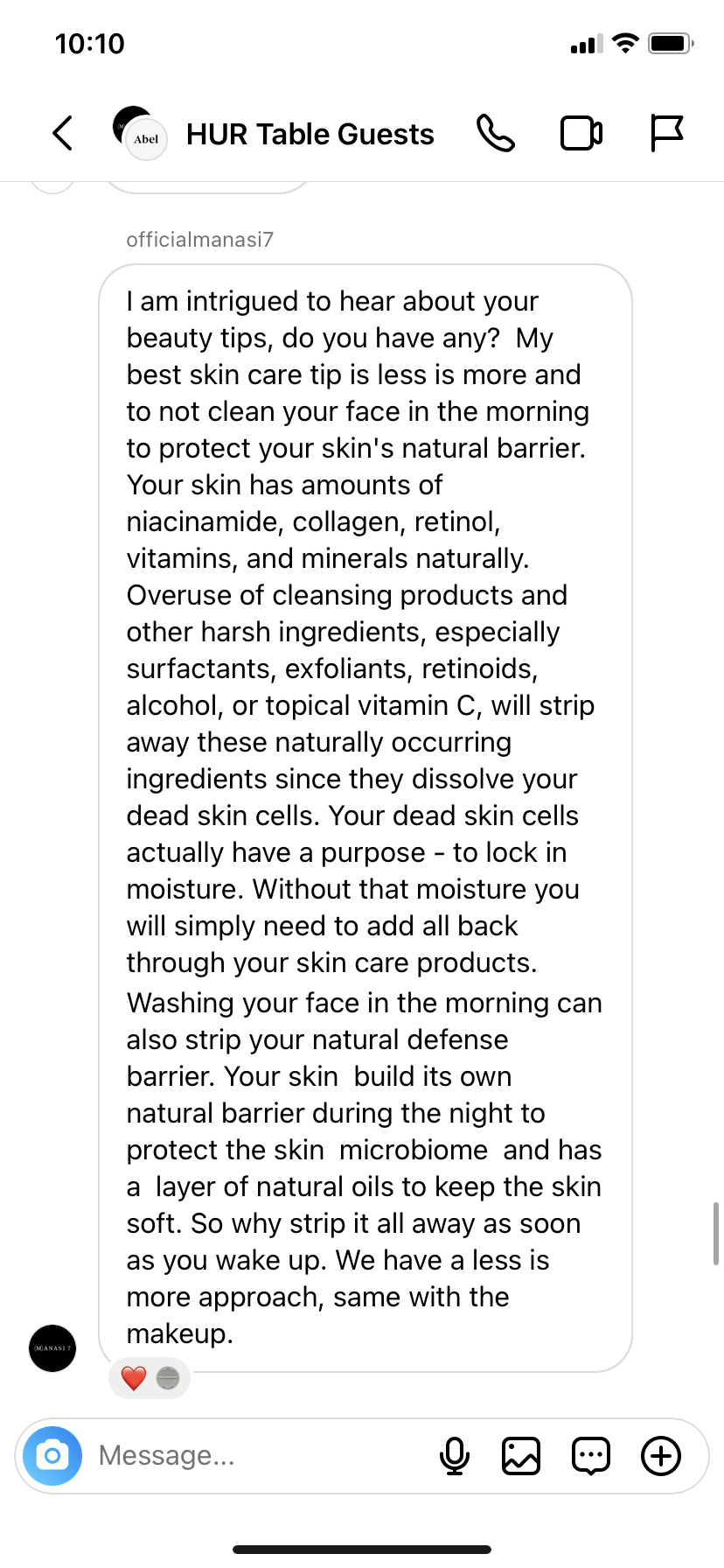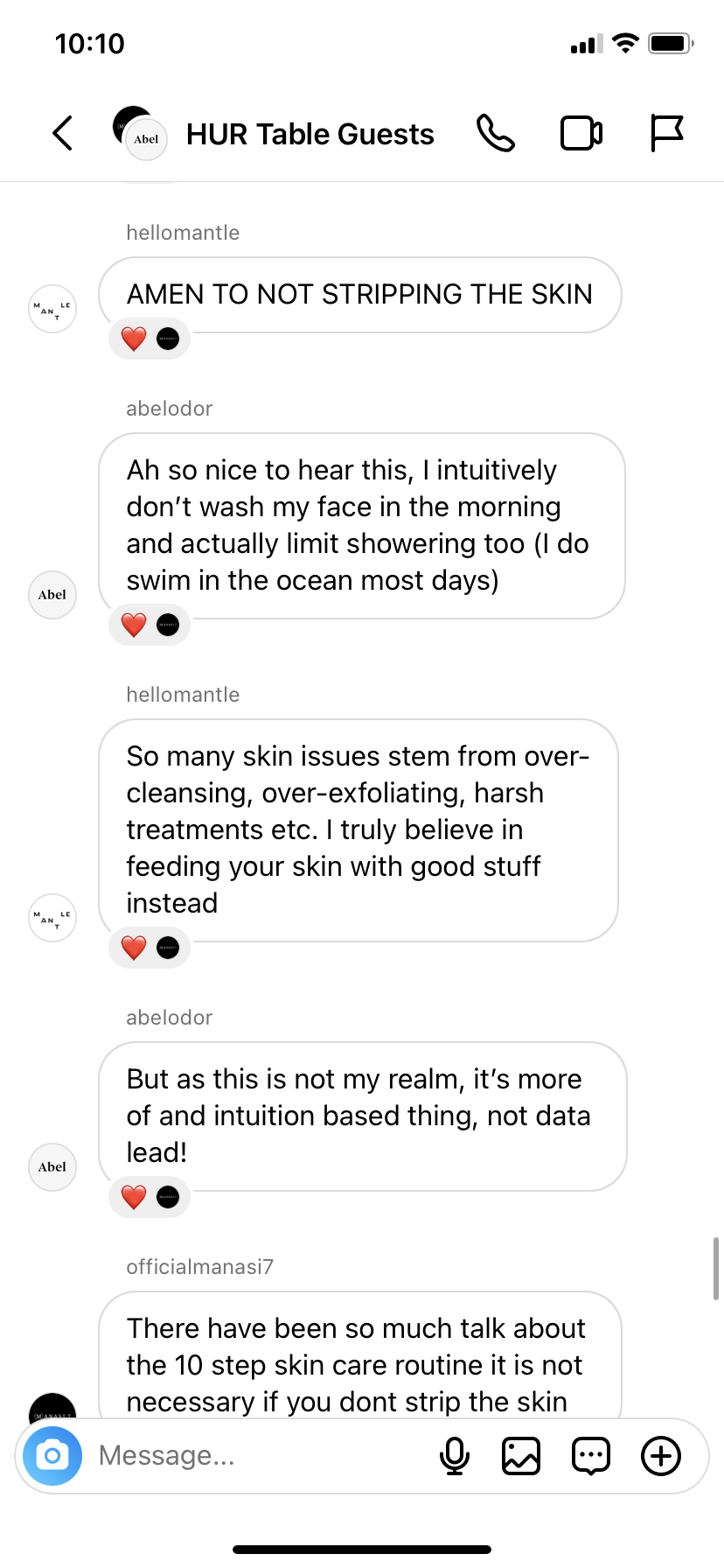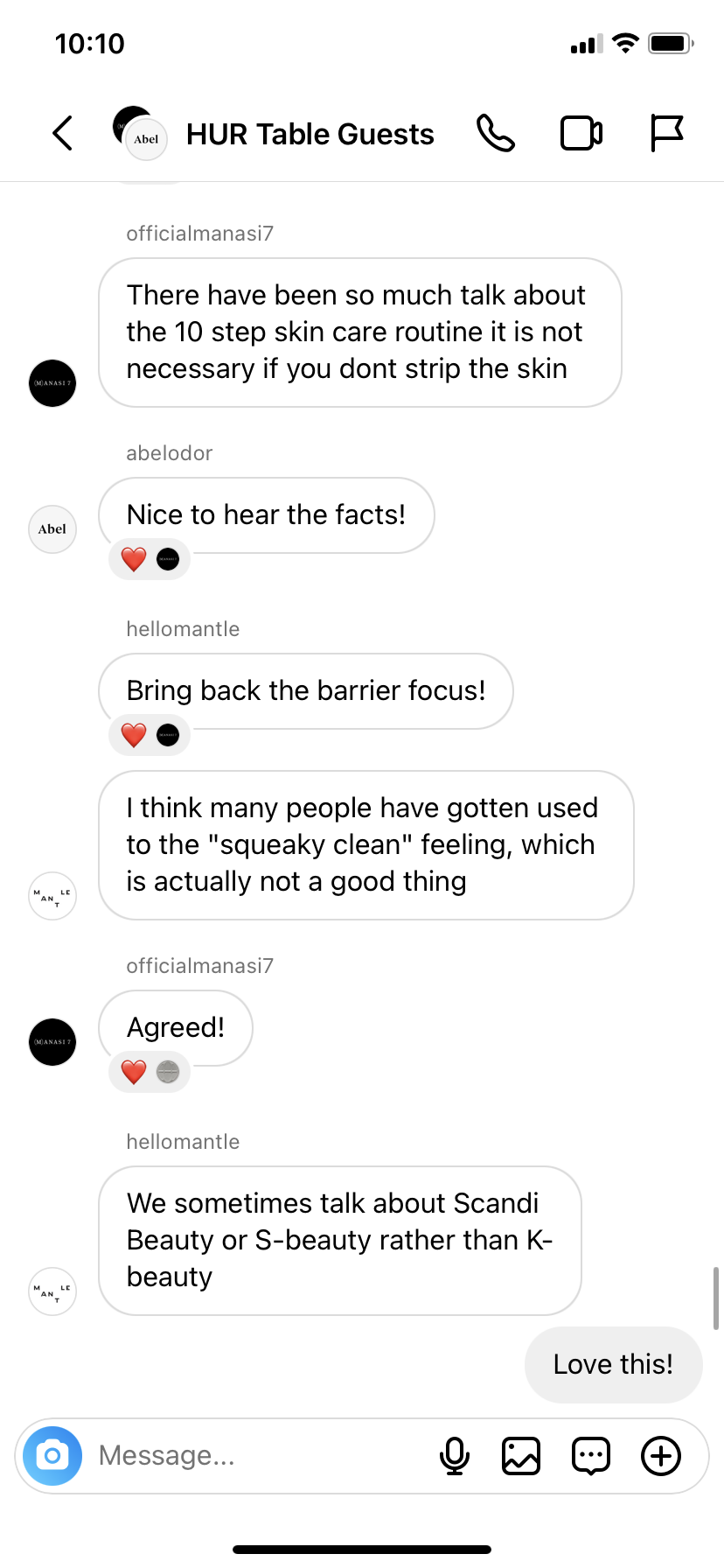The Problem with Beauty’s Self Improvement Narrative
Courtesy of MANTLE
The Problem with Beauty’s Self Improvement Narrative
with Susanne Manasi, Stina Lönnkvist and Frances Shoemack
By HURS Team
We can’t deny the $271 billion global beauty and skincare market has come a long way. Inclusivity, sustainability and gender neutrality have become key topics and focus points for brands in the category. We’ve also seen an increase in popularity in clean beauty products, which now generate $400 million in annual sales, with the segment growing at a faster rate than the total beauty and personal care market.
While the evolution in product offerings is positive, much of the narrative and the way products are sold to us have remained the same. Overall marketing messaging still focuses on self improvement over self care, leaving many consumers feeling like trying that new product or treatment might make us more beautiful or worthy. Social media plays into this too. We’re pushed from one trend to the next, with imagery that isn’t real in the first place. The truth is, many brands believe the reason we buy into skincare lies in us wanting to improve ourselves or look good for others. And while that might be true for some, many of us are longing to change the narrative. We want to invest in brands and products that align with our values, that support overall health and most importantly, that makes us feel good about ourselves. Some are playing into this shifting consumer mindset, creating brands and products that take a more holistic approach to wellbeing. From skincare that supports the microbiome, to supplements that support overall health as well as our skin, hair and nails.
STINA LÖNNKVIST
Stina Lönnkvist is the founder behind CBD skincare brand MANTLE. Together with her co-founder Josefin Landgård, Lönnkvist set out to create a brand that educates and modernizes the perception of CBD and its benefits in skincare. The Stockholm-based skincare company is known for its playful and boundary pushing marketing activations and campaigns. The female-led team’s focus lies on redefining the narrative around skincare and beauty – focusing on self care over self improvement.
SUSANNE MANASI
Susanne Manasi founded minimalistic Swedish beauty brand Manasi7 in 2018. Starting out as a professional makeup artist, Manasi mixed and customized her own textures and shades during shoots. The conventionally produced beauty products she used in her line of work often contained synthetic chemicals, possibly leaving a negative impact on health and environment. To achieve the highest quality possible for her own beauty brand, Manasi created a manifesto with minimum requirements for the whole production cycle.
FRANCES SHOEMACK
Frances Shoemack started searching for a truly natural perfume a decade ago and came up short. Tired of putting the chemicals found in synthetic fragrances on her skin, and knowing their impact on her body and the environment, the idea for Abel was born. Shoemack studied winemaking, and took her knowledge of that industry to create a 100% natural perfume with some of the best experts. Since then, Abel has grown into an international business with bases in Amsterdam, Boston and Abel’s Wellington headquarters. The brand has around 200 stockists across 25 countries.
We asked three industry insiders for their take on the beauty and personal care market, the narrative around self improvement and the realities of building a purpose-led brand.
